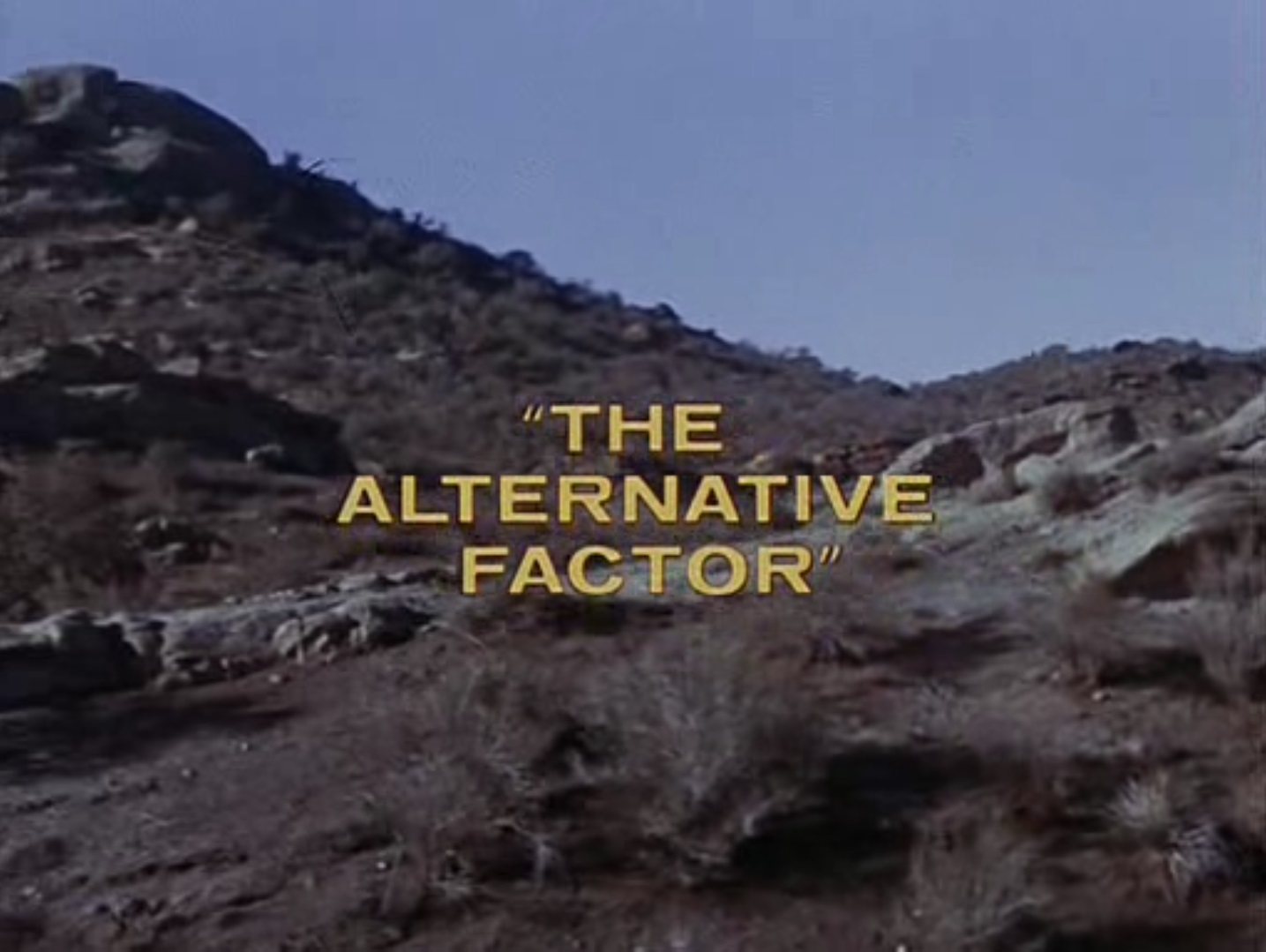
by Lorelei Marcus
Out of mind, out of sight
Centuries divide Captain Kirk's escapades to the edges of the galaxy from Captain Hornblower's dashing adventures on the high seas. Still, there remains a structure that echoes across this gap of time, something inextricably human in its tendency towards order and organization. Both the naval ships of old and the starships of the future operate with efficiency and grace due to the rigid military structure their crew hierarchies are built on. Every person has a job to accomplish, and ideally, all will attempt to do so to the best of their ability for the sake of their own lives, and the ship's.
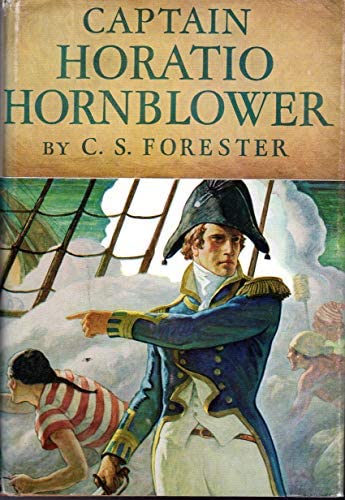
Hornblower is a clear inspiration for Kirk. In James Blish's novelization of Trek episodes, both Hornblower and Kirk are tone deaf!
What has changed in the days since wooden ships is the enemies that threaten such lives. The British Navy fought against Napoleon's rebel forces, man against man. The Enterprise has similar foes in the Klingons and Romulans. However, there are times when Kirk and his crew must face creatures that are totally alien and beyond human understanding. The results of such encounters rely both on the brilliance and competence of the captain, and mental fortitude of his people.

We see that fortitude tested in Captain Kirk in The Obsession. It begins with a routine planetary survey, as a landing party of Kirk, Spock, and a few security officers explore and analyze the planet's resources. Suddenly, Kirk smells the sickly sweet odor of honey, and goes on guard, calling for red alert and ordering the security men to patrol with armed phasers. His fear is quickly justified as the security team is attacked by an amorphous sparkling cloud. It drains the blood from two of the officers' bodies, killing them, and attacks the third, all before any of them have the chance to fire their phasers. Distraught, Kirk returns to the ship with Spock, before the cloud has a chance to attack them, too.

Occupational hazard.
Clearly shaken by the encounter, Kirk orders the Enterprise to remain in orbit, a direct contradiction of their original mission to rendezvous with the USS Yorktown and collect perishable vaccines for a deadly plague. He chooses to delay, knowing full well it may cause deaths planetside in a Federation colony. Everyone in the crew is startled by this order, but no one dares question him.

A crew aghast.
Kirk attempts another landing party, this time ready to face his unknown foe head on. He brings Ensign Garrovick, a security officer fresh from the Academy with a notable last name. Despite their preparations, two more security personnel end up dead, and Garrovick is relieved from duty for hesitating to fire a split second too long.

Garrovick doing his job.
Concerned by Kirk's harshness, and anxious about the time pressure of their other mission, McCoy and Spock corner Kirk, threatening to label him unfit for duty due to medical reasons. Throughout the episode, Kirk has been hinting to McCoy and Spock both to analyze records from eleven years ago, believing it will justify his actions. Finally, left with no choice, he reveals why: eleven years ago, on Kirk's first deep space assignment as an ensign, his ship the USS Farragut was attacked by an entity just like the one they are fighting now. Two hundred of the crew were killed in the encounter, along with his first skipper–a Captain Garrovick (the ensign's father). Kirk blames himself for these deaths because of his failure to fire at the entity when he had the chance. He insists the creature is sentient and has malicious intent, and claims he communicated with the creature when it attacked him.

Kirk explains himself.
McCoy and Spock are doubtful that what they are facing is intelligent, but they decided to trust Kirk's intuition. The hunt continues. The entity takes to space, and after a thrilling chase, the Enterprise fires every weapon available to try and destroy it. Nothing is effective.
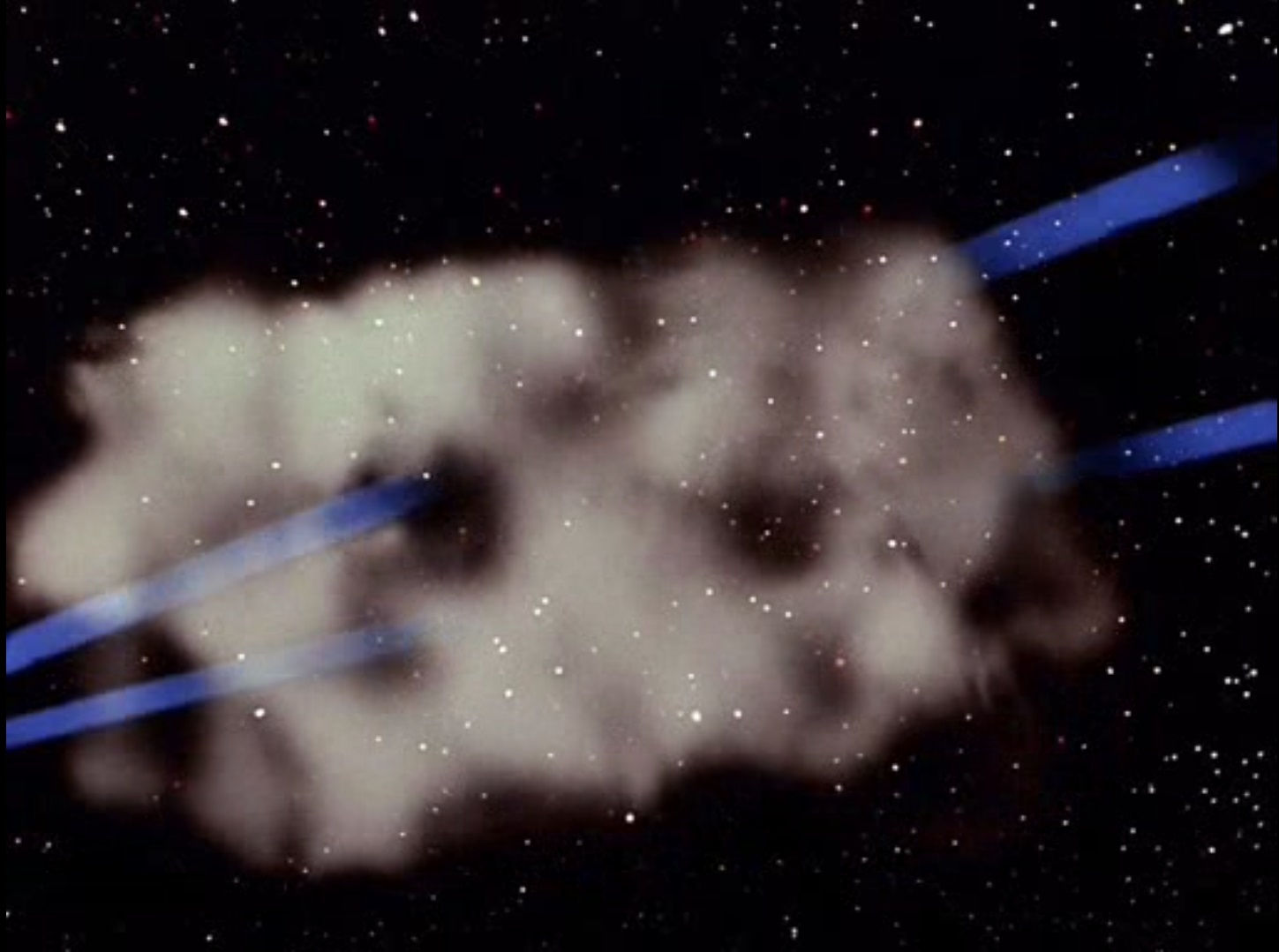
The creature – Spock is convinced it's intelligent now by its behavior – attempts to enter the ship through the impulse vents. It almost kills Garrovick, but they manage to flush the cloud back into space, and the odor it leaves behind tells Kirk it intends to return home to spawn.

Kirk smells something funny.
Kirk sacrifices two more days to return to the planet and risks his and Garrovick's life planting an antimatter bomb, the only way he can think to kill the creature. He is successful, and so sure of it, he need not even check the scanners before returning to his former mission.

Escaping in the nic-o-tine.
There is a strong implication that Kirk formed some sort of psychic bond with the creature after it attacked him eleven years ago. With that in mind, his erratic and illogical behavior begins to make sense. This was not a traumatized Captain lurching blindly for revenge, but rather the one person in the galaxy who could truly comprehend the depths of this creature and the danger it posed. It is a testament to the loyalty of the crew and the validity of a captain's intuition that the Enterprise was able to succeed.
Ralph Senensky's sharp direction and Art Wallace's tight script made for a very strong and thought-provoking episode. The military structure of the enterprise shone through the characters' competence, and emotions were high and tense thanks to excellent delivery from all the leads and Stephen Brooks' (Garrovick) body language. The episode's most spectacular feat was its intertwining of personal, interpersonal, and galactic-scale struggle into one seamless experience that evoked human history and human nature itself.
Five stars.
Respect for the Mission

by Joe Reid
At first, I sincerely hoped that we were not seeing a pattern for upcoming entries in the series. This was the second episode in a row, last week's episode being “The Deadly Years”, where Kirk’s command was challenged by his own crew, because they saw him as incapable to lead. Until now the crew of the Enterprise had been incredibly loyal to their captain. The only time that I remember the crew turning on Kirk of their own volition was early in this season in “Mirror, Mirror”. Granted that it wasn’t really our Kirk, but a twisted alternate universe version of him.
If I were to use what happened in the last couple of episodes as foreshadowing of what is to come, the future doesn’t look good for the captain of the Enterprise. In “The Deadly Years”, Kirk’s body and mind started to fail due to rapid aging. The crew noticed it and were troubled by it, yet they were incredibly hesitant to turn on their captain and Spock had to be forced to hold a hearing to test the competence of the captain. Even after he proved that he was not capable to lead the crew still refused to vote against him.
In “Obsession”, there seemed to be a lot less resistance for the senior staff to turn on the captain. This time instead of being forced into a hearing, the crew threatened Kirk with action to remove him from command, because they disagreed with his decision to pursue a smoke monster instead of delivering time sensitive medicine to sick people on another world.
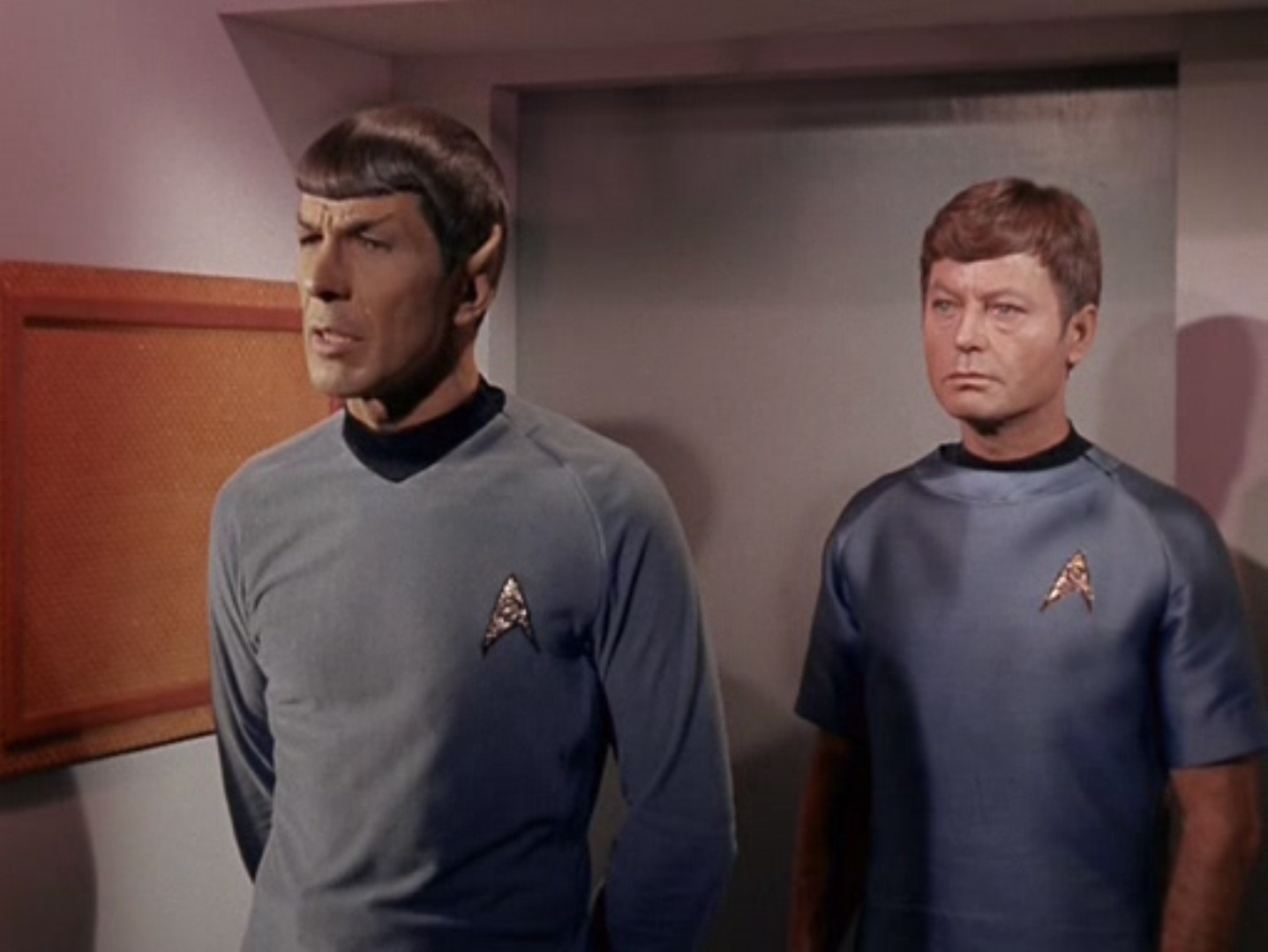
Senior officers confront the captain.
It was nearly unthinkable that the crew would doubt the orders of the captain. Kirk once stated that when he gave an order he expects that it be followed. Kirk’s orders have now been receiving a degree of scrutiny that didn’t exist before. This leads me to wonder where this will all lead. If the crew started as loyal followers, then became reluctant betrayers, and after that becoming thoughtful opposers, what will they become next as they grow more accustomed to bucking Kirk’s leadership?
If the crew continues to participate in this erosion of respect for their captain I fear that mutiny might be in store for our hero. Should mutiny darken the bridge of the Enterprise there would only be one person to blame: Captain James T. Kirk. If Kirk is swept from his position, it will be because he put himself ahead of the mission, when in truth the mission is more important than the man.
If the crew acts against their captain in the future, they will be completely justified in their actions. They arrested the mirror universe Kirk, held a hearing which ousted the geriatric Kirk, and warned an out-of-control Kirk this week. The crew of the Enterprise has repeatedly shown that they value the mission first and will support that captain if he guides them to completing that mission. It is good to see that the crew of the Enterprise will fight to complete their missions, even if they must fight their own captain to do it.
Although not a terrific episode, due to the an arguably slow and repetitive plot, along with strange actions being taken by some characters, Spock included, this was a thought provoking episode showing a counter to previously unchecked power.
Three stars
Tragedy and Truth

by Janice L. Newman
Star Trek is a show that rewards dedicated watching from week to week. Not only do we learn more about the universe our favorite characters inhabit, but every once in a while we learn more about the characters themselves.
We’ve learned a great deal about Captain Kirk over the course of a season and a half. We’ve learned that he was ‘a stack of books with legs’ back in school, and that he was terrible with women; both traits that he seems to have left behind at some point, since we rarely see him reading, and he’s seduced his share of human women, androids, female-shaped aliens, and the like (in fairness, he was usually captured or kidnapped first).
We also learned that he endured a great tragedy as a teenager, having been one of the few survivors of a terrible masacre on Tarsus Four. And in this week’s episode, we learn that, on his very first assignment out of the academy, he survived another tragedy. One can only wonder the guilt that Captain Kirk must have suffered when 200 of the crew and the captain of the ship were all killed, but he survived. Perhaps this survival of two horrific events drove him to take more responsibility. Perhaps it was a crucible that changed him, eventually transforming him from a bookish, awkward young man to the charismatic captain that we all know today. Would he break, I wonder, if he endured what Decker did? Or would his past experience of tragedy make him better able to move forward afterward, as a broken bone strengthens when it heals?
I can’t help but wonder what else we’ll learn about other characters in the future. I would love to know more about McCoy’s, Uhura’s, Sulu’s, or Scotty’s pasts. Hopefully we’ll see some stories that focus on them, not just on Spock and Kirk.
As to the rest of the episode, I was less impressed. It felt too staged, too unreal somehow, with the characters posing more like actors in a play than people living their lives. There are a few standout scenes, the best of which is when Garrovick throws himself on his bed, covers his eyes, and jerks in a convulsive sob before the camera cuts away. But overall there was much I found unconvincing.

Three stars.
RED ALERT! The 'zines we're reading tomorrow before the next episode of Star Trek have some troubling news. Tune in for a very special bulletin!
Join us at 5:00 PM Pacific (8:00 Eastern) or at 8:00 PM Pacific (11:00 Eastern)!

![[December 22, 1967] In all the old familiar places (<i>Star Trek</i>: "Obsession")](https://galacticjourney.org/wp-content/uploads/2022/12/671222title-672x372.jpg)
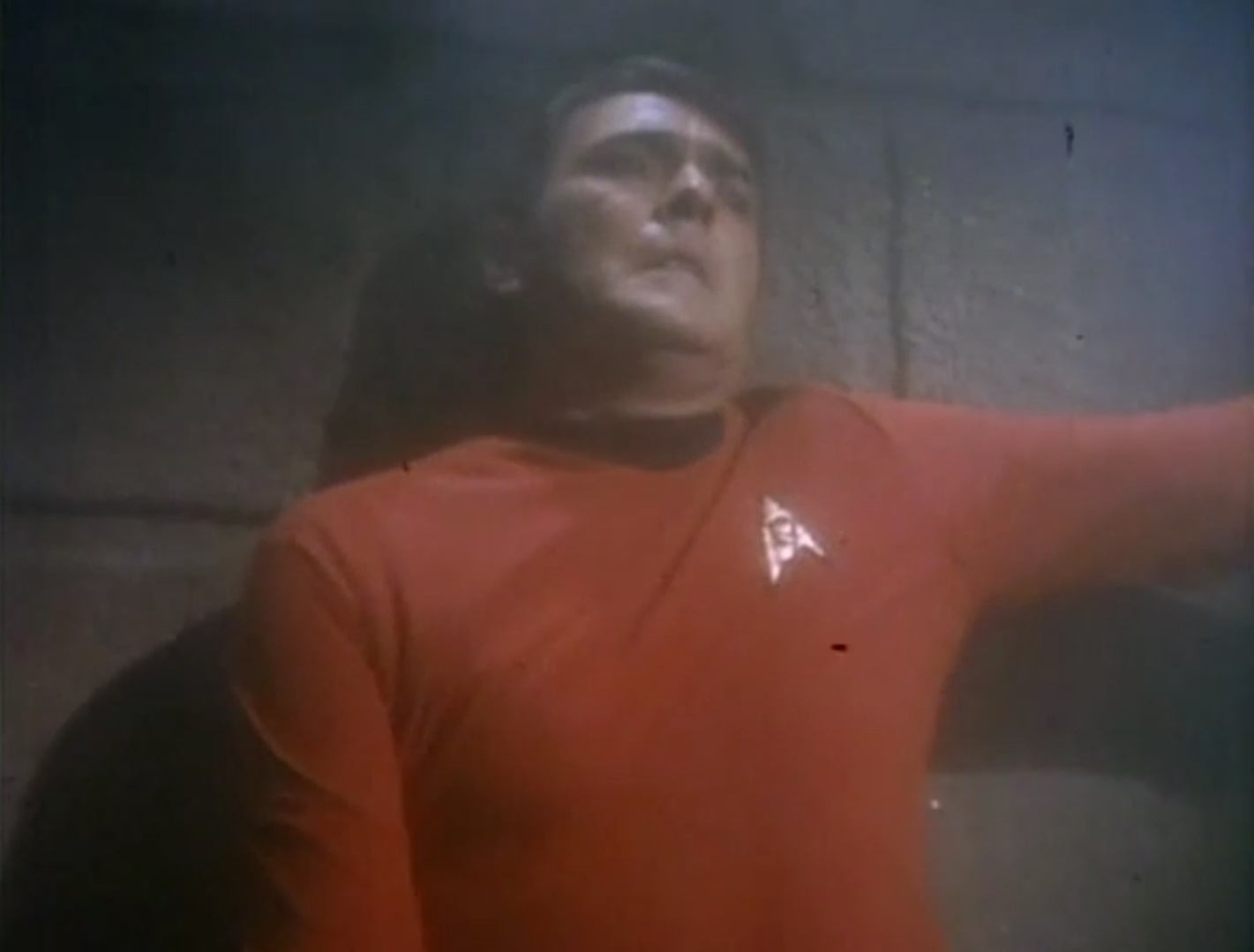

![[November 10, 1967] Mudd in the computer (<i>Star Trek</i>: "I, Mudd")](https://galacticjourney.org/wp-content/uploads/2022/11/671110title-672x372.jpg)

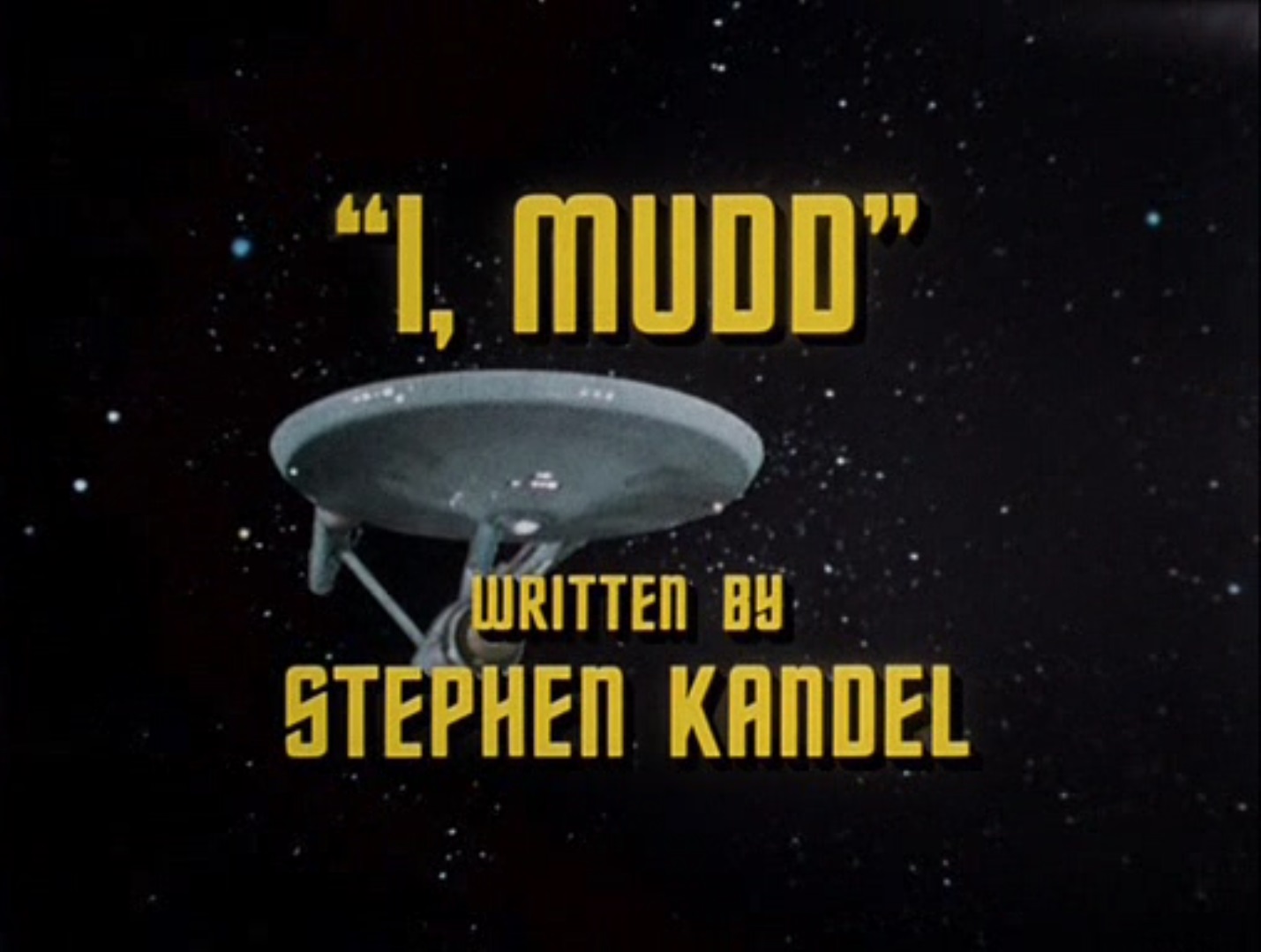
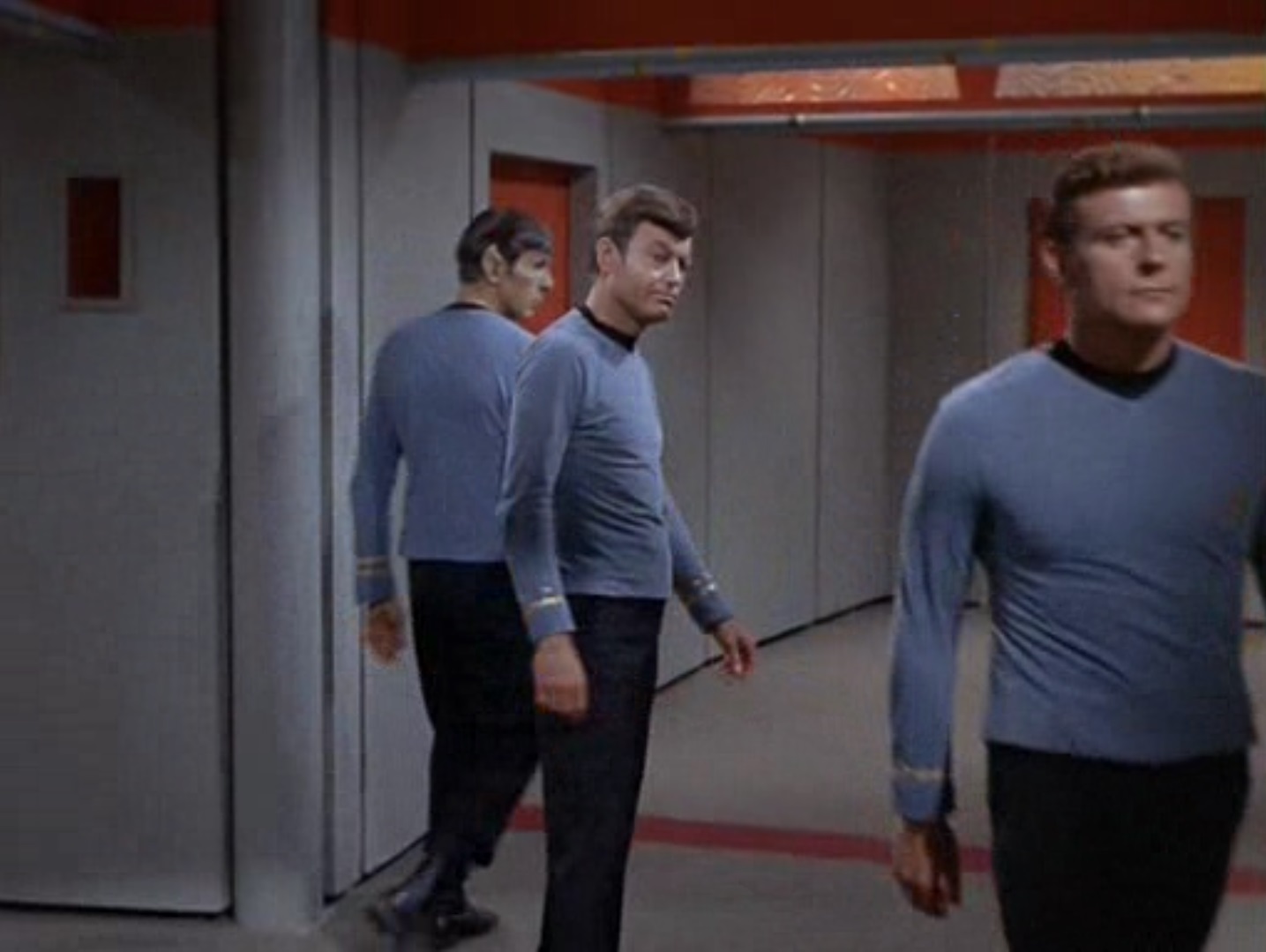
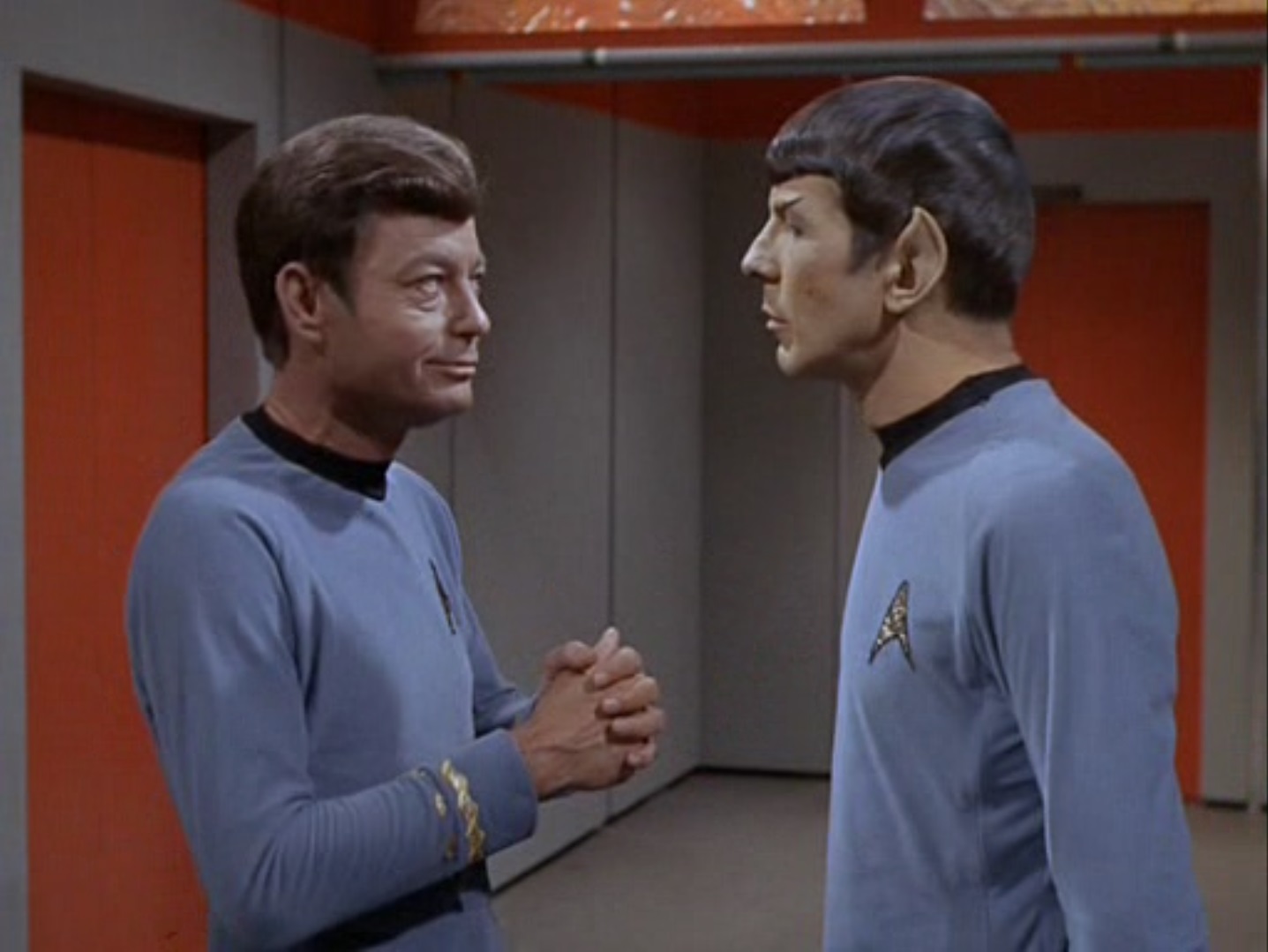
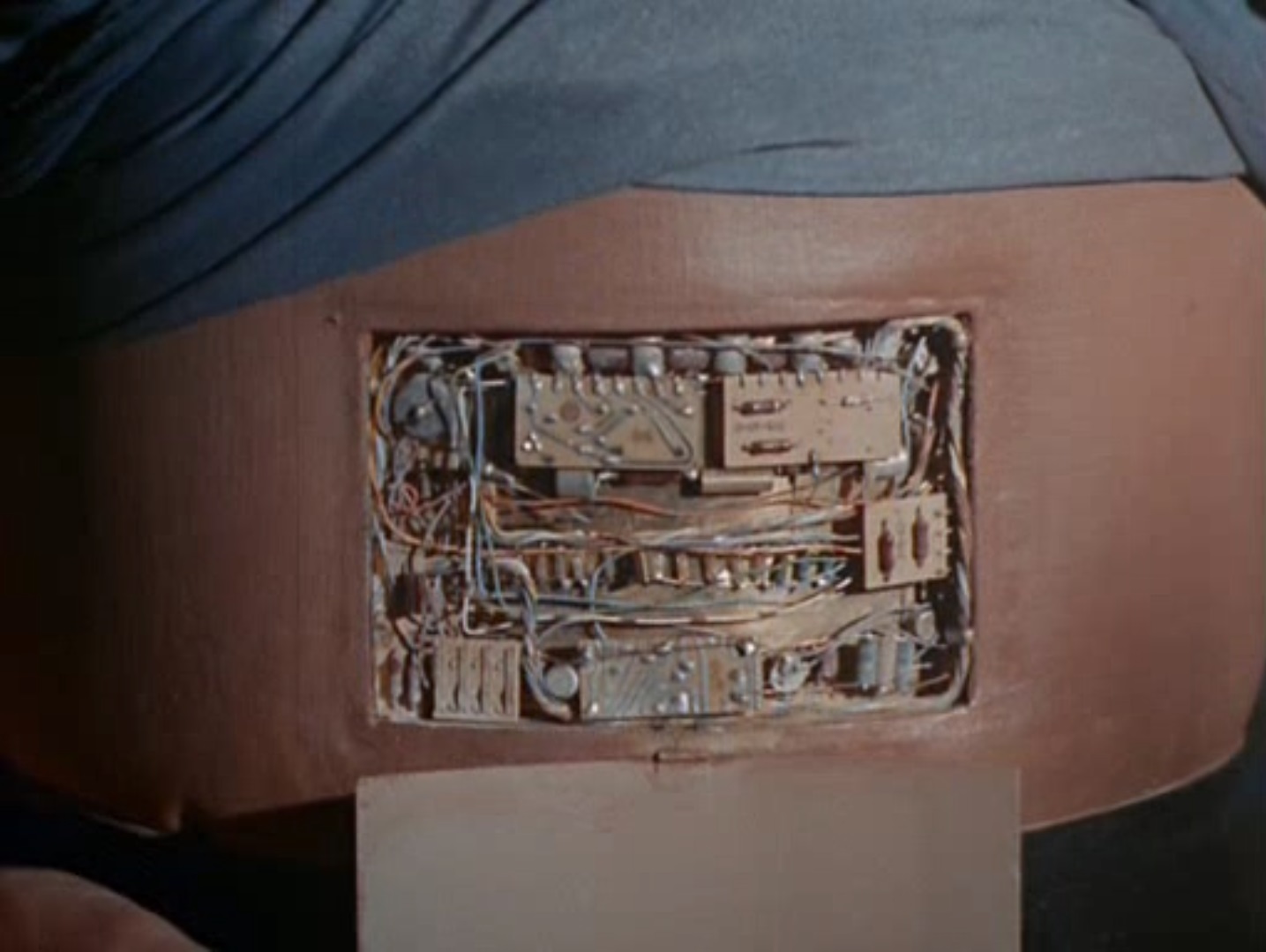

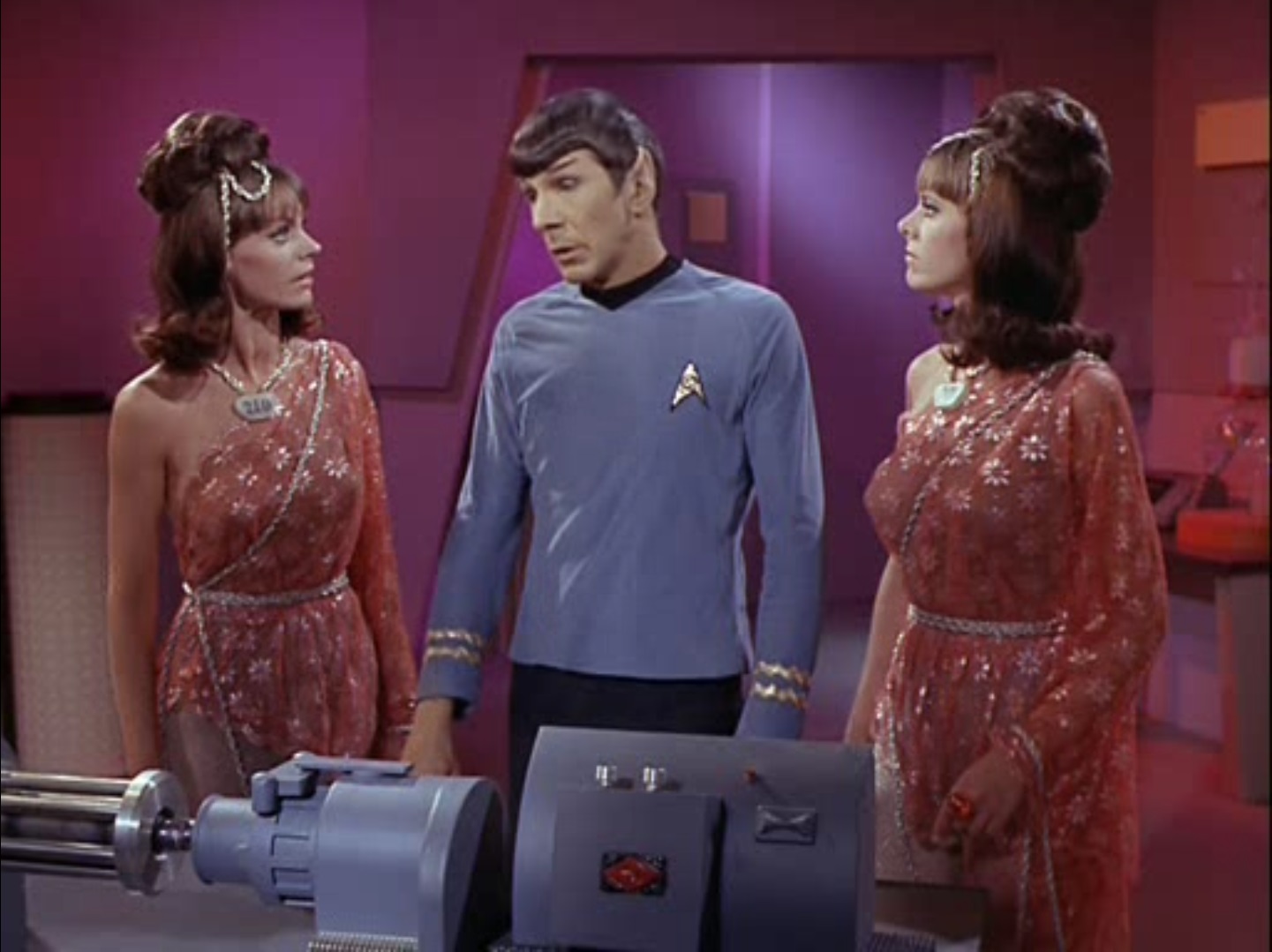
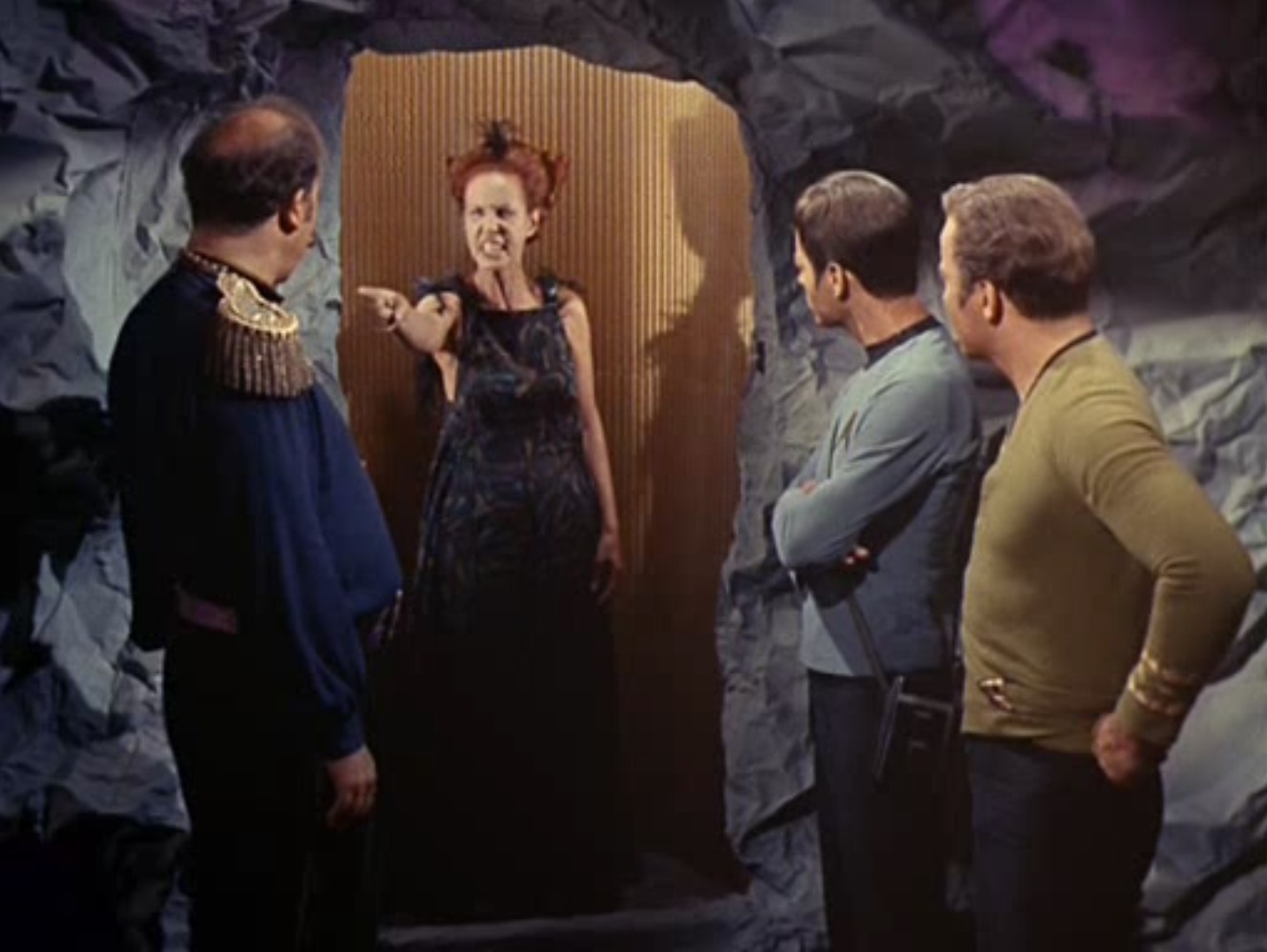


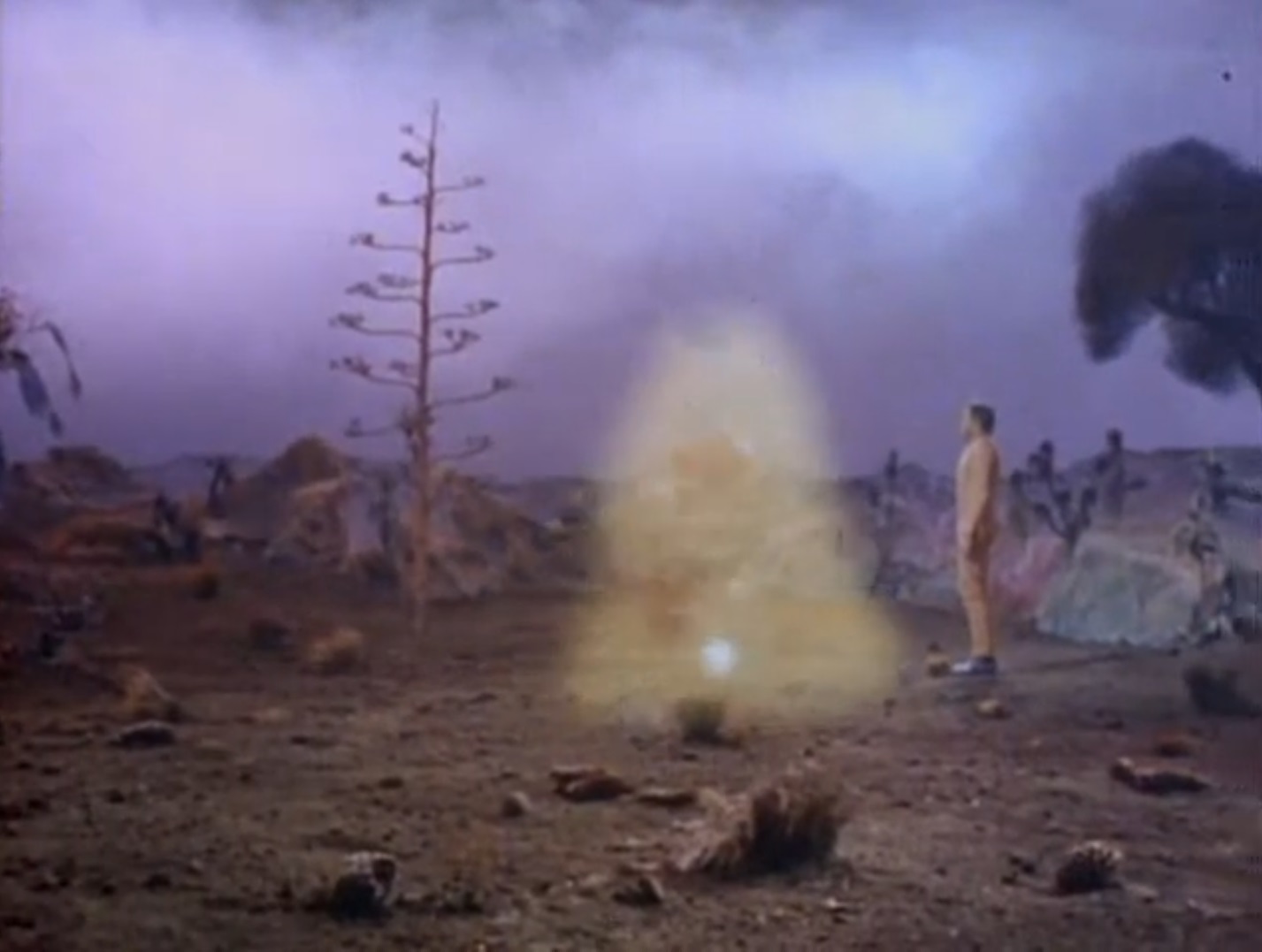
![[November 2, 1967] Trouble and Toil (<i>Star Trek</i>: Catspaw)](https://galacticjourney.org/wp-content/uploads/2022/10/671102title-672x372.jpg)
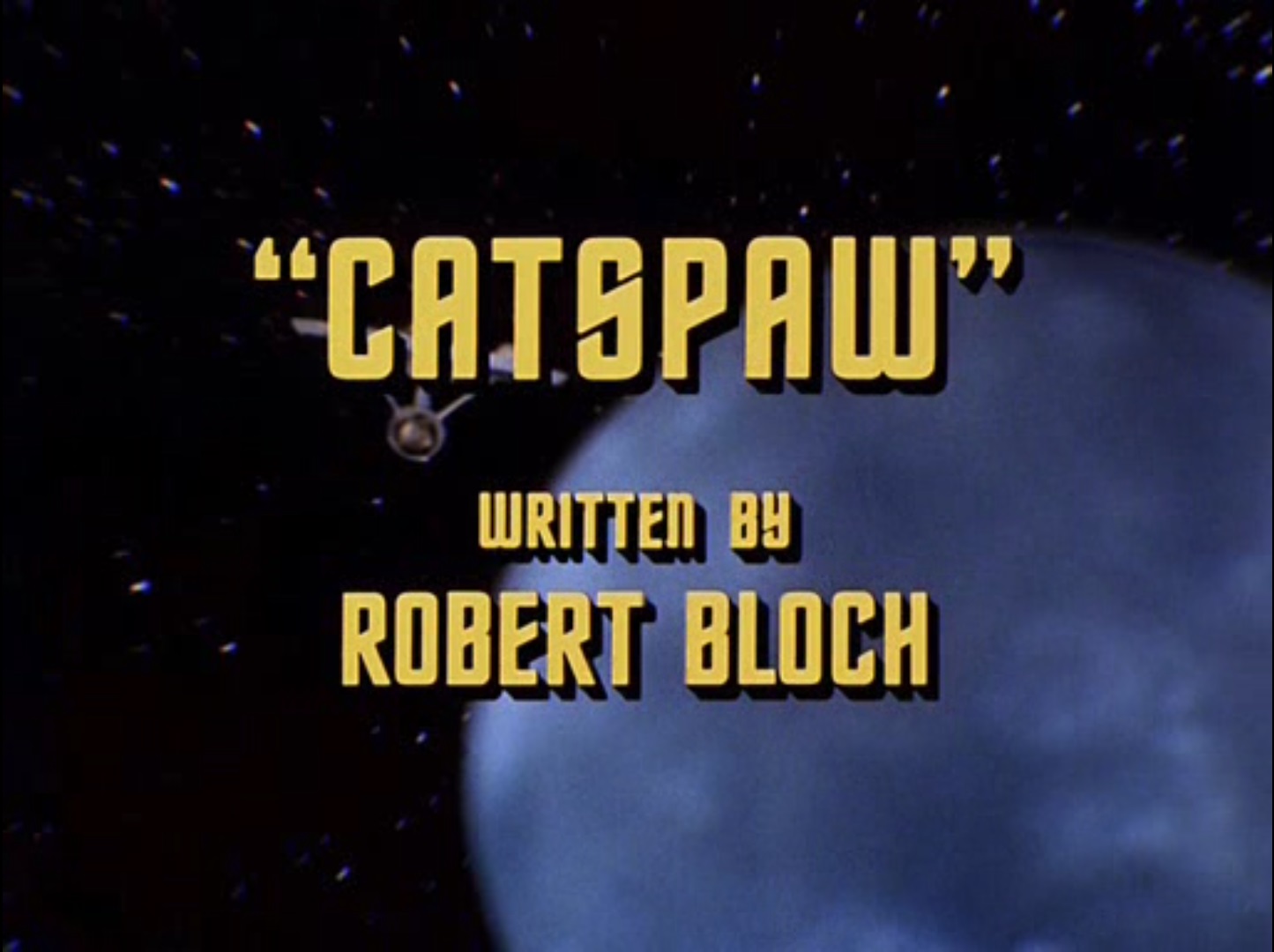
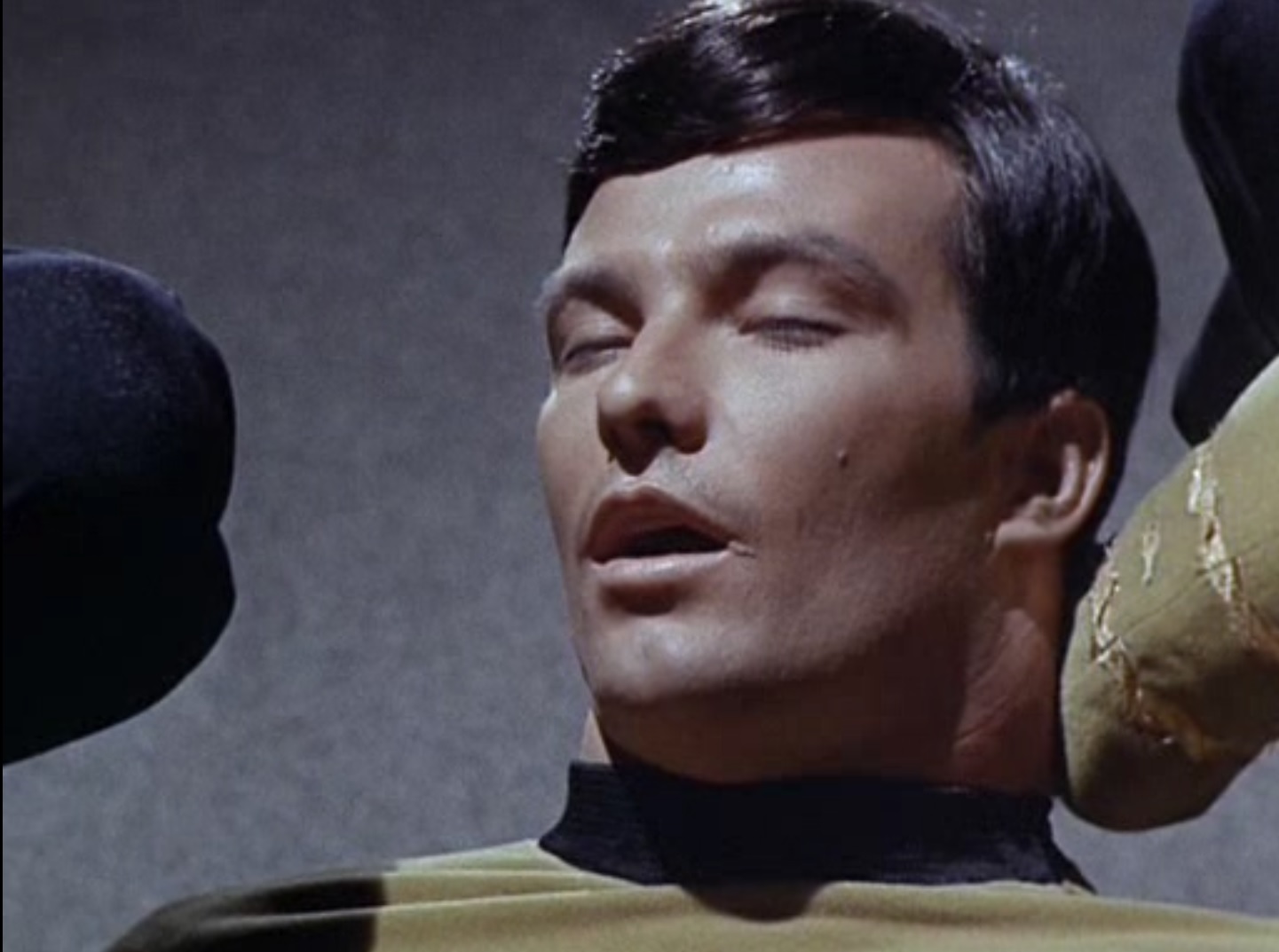
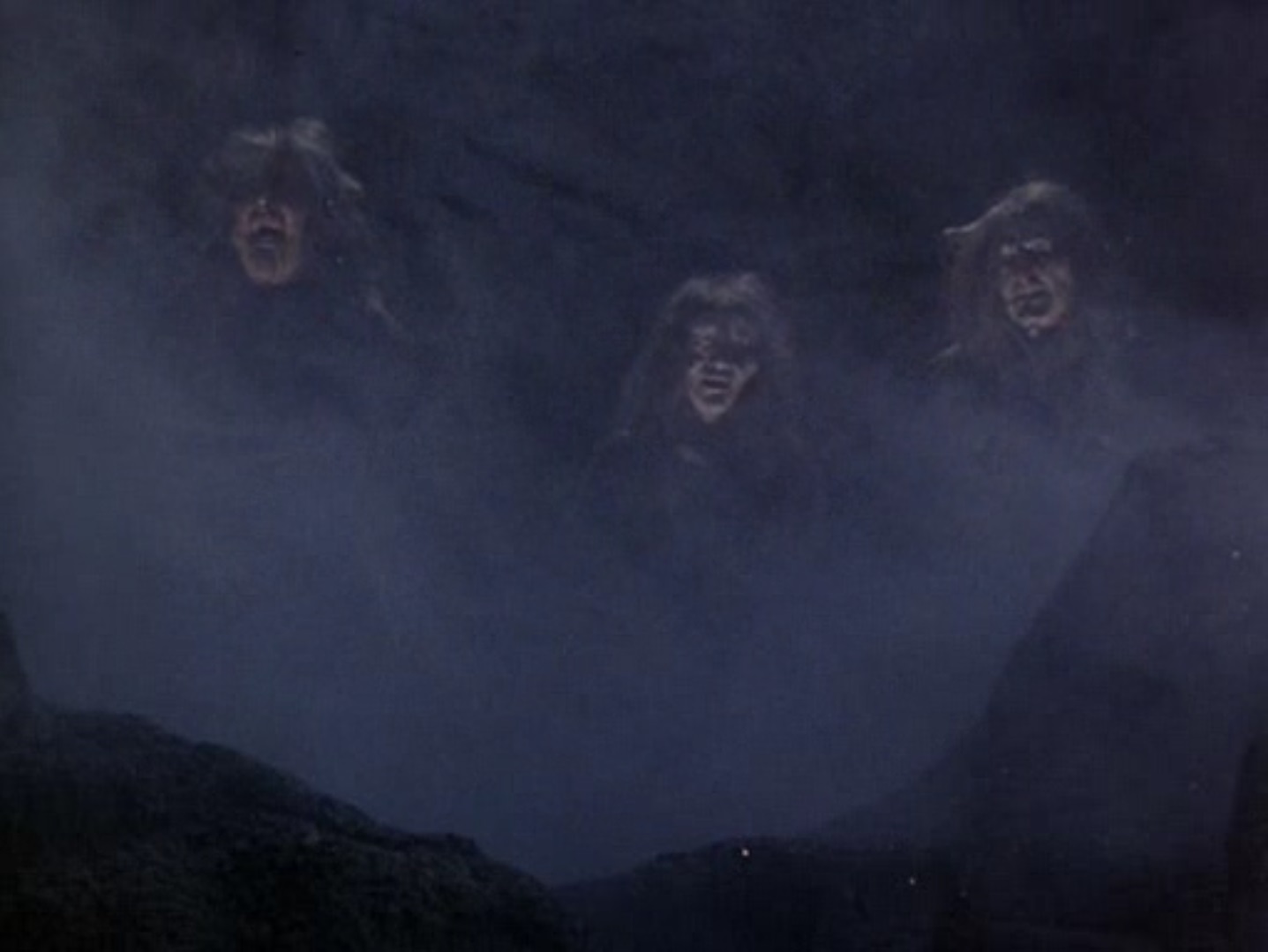
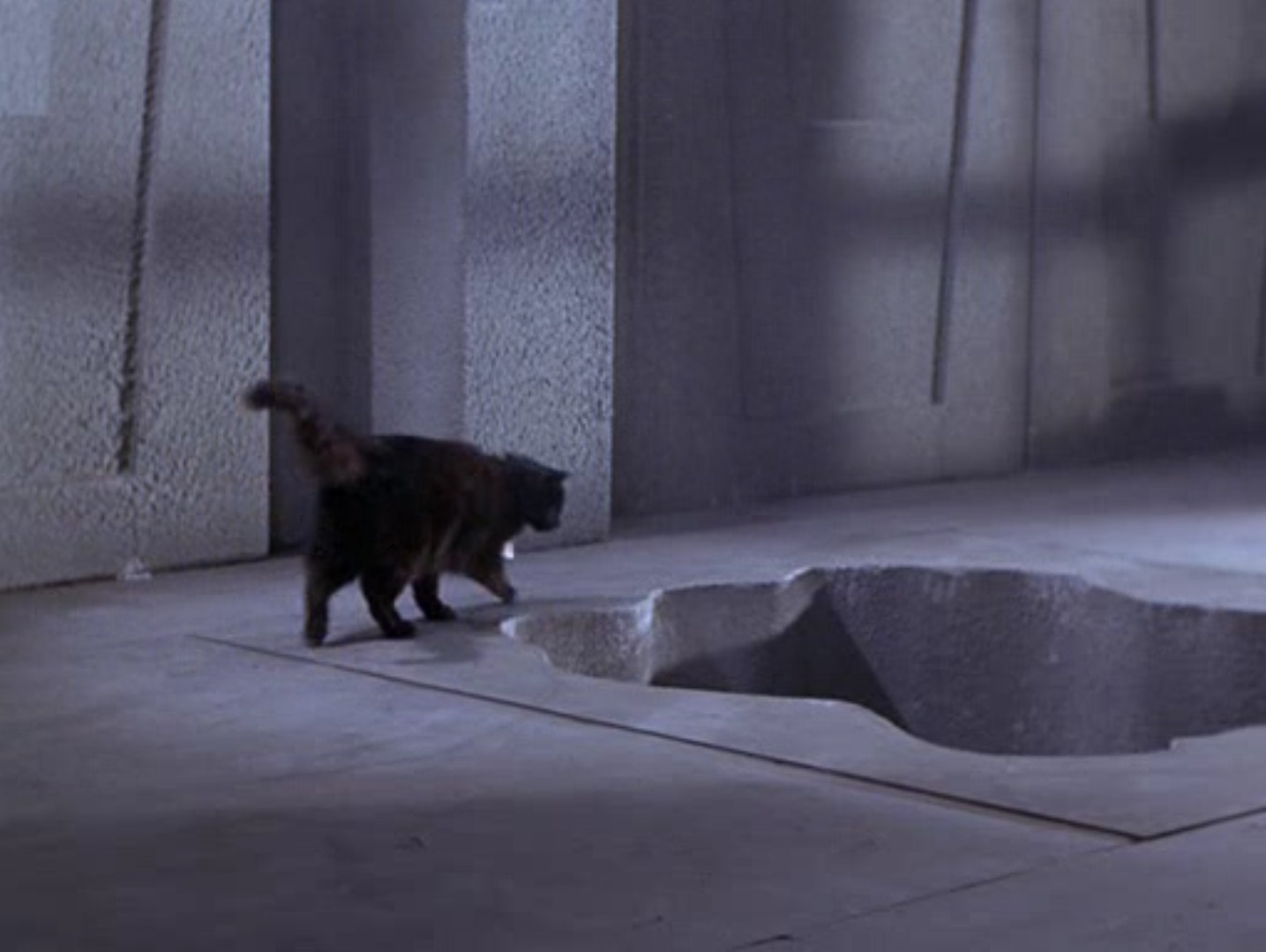
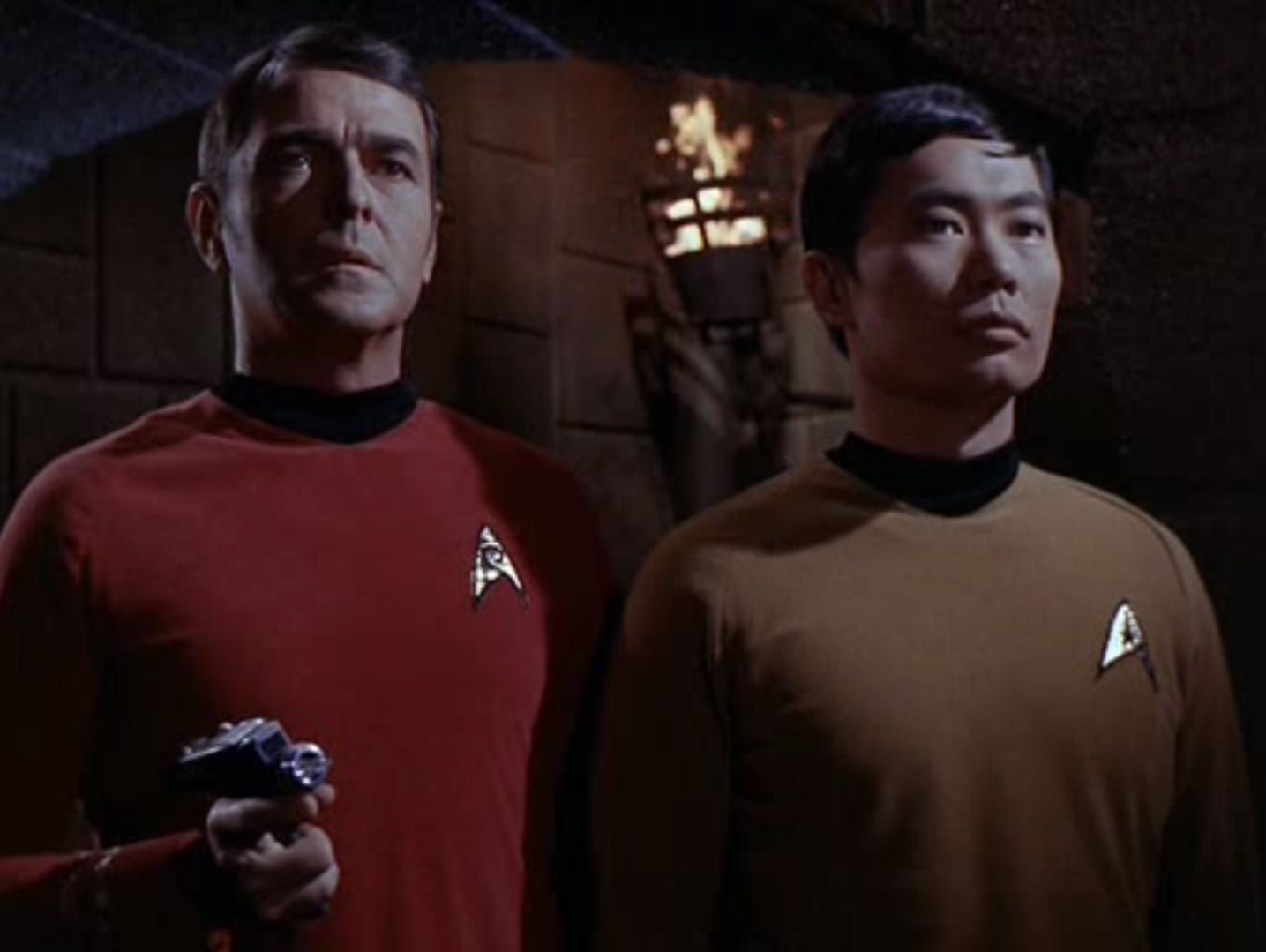
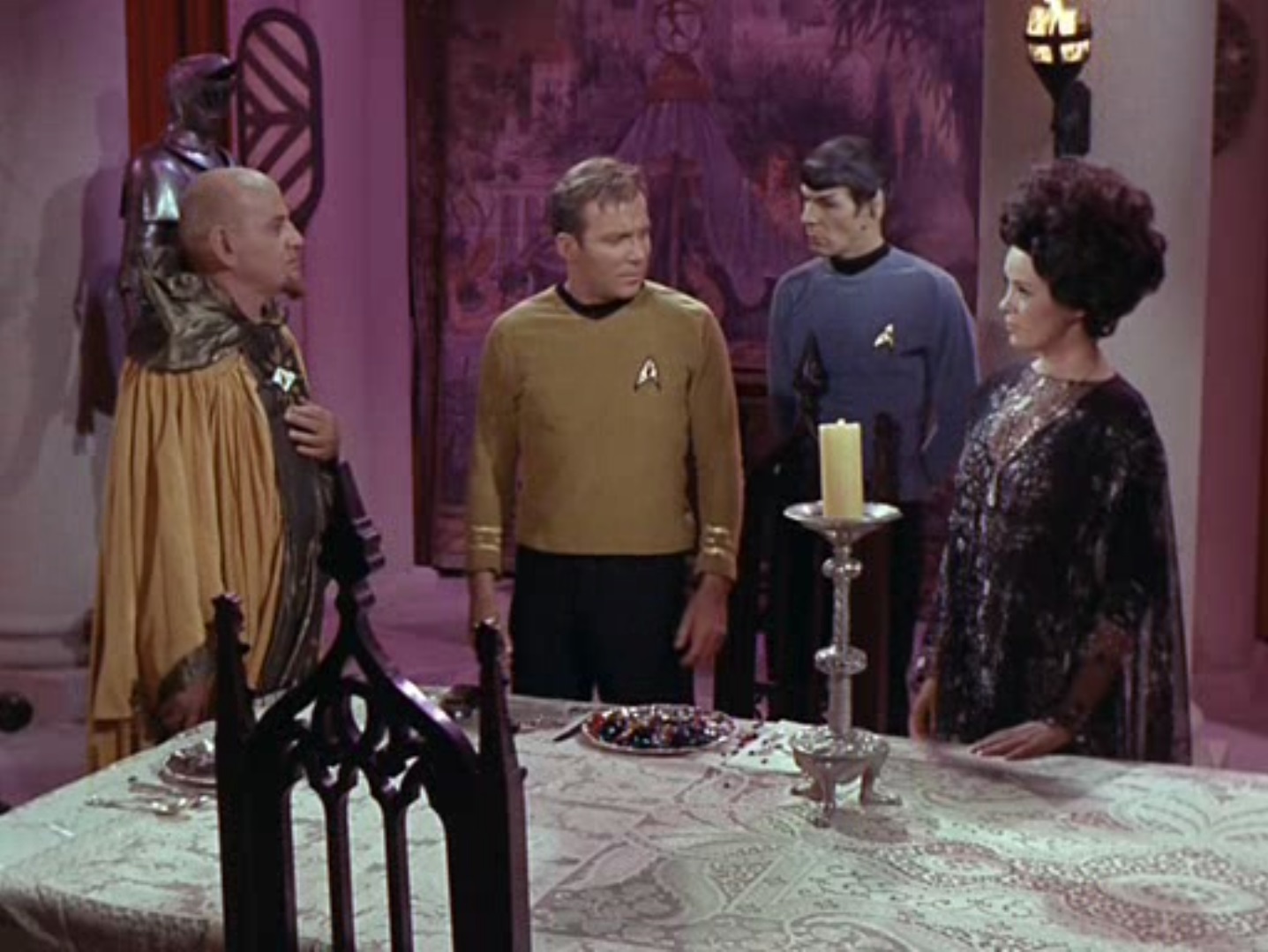
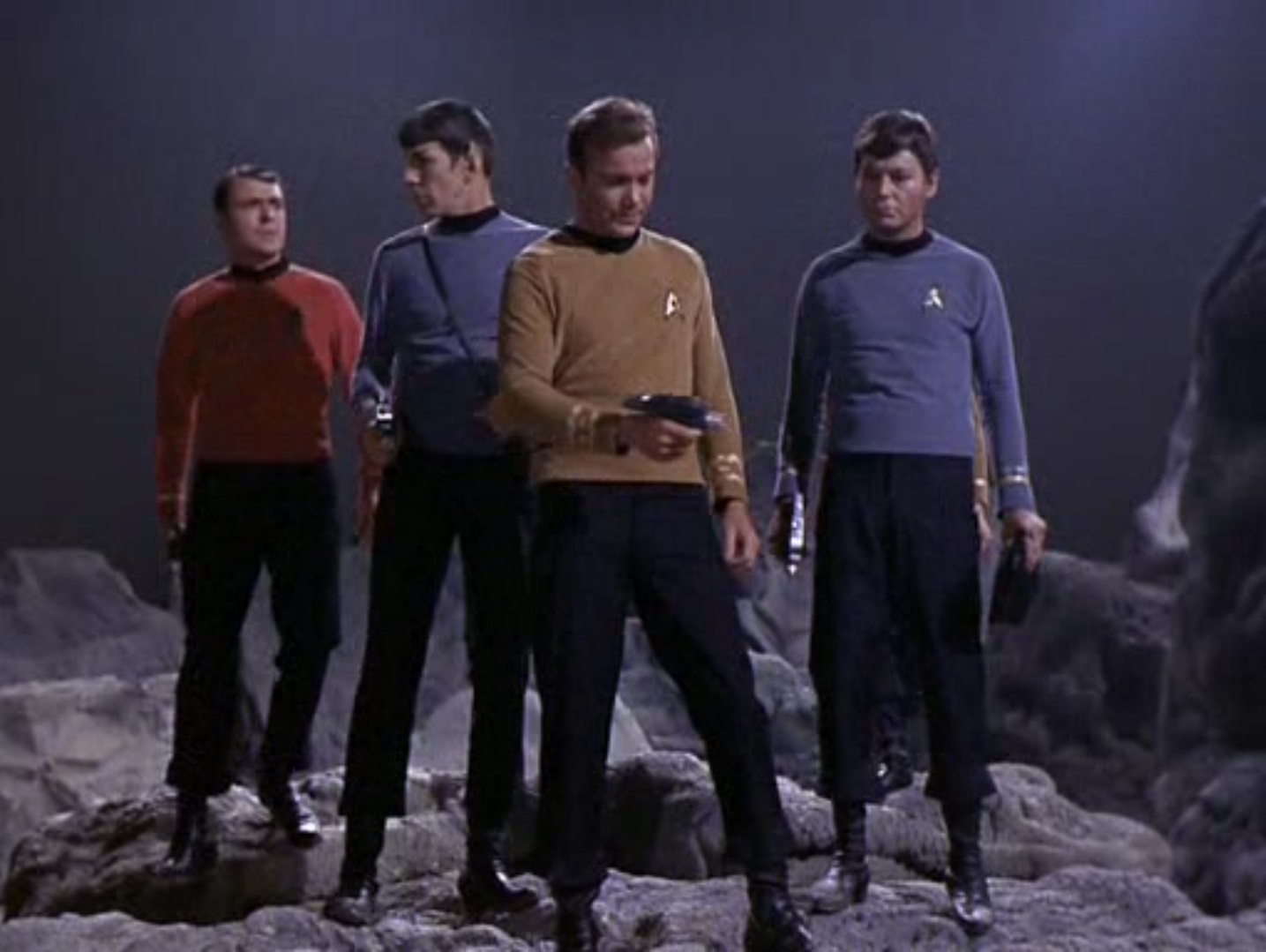

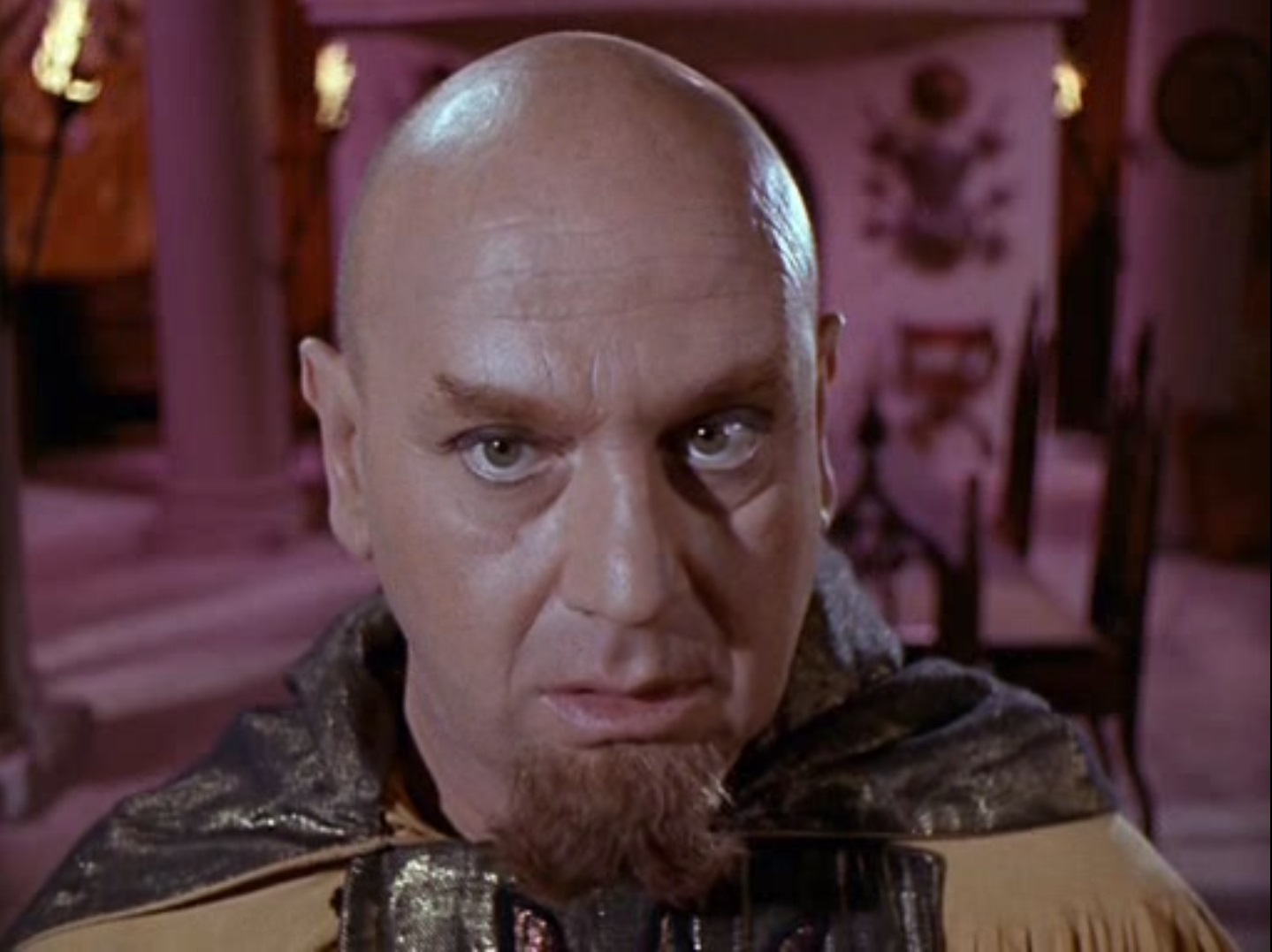
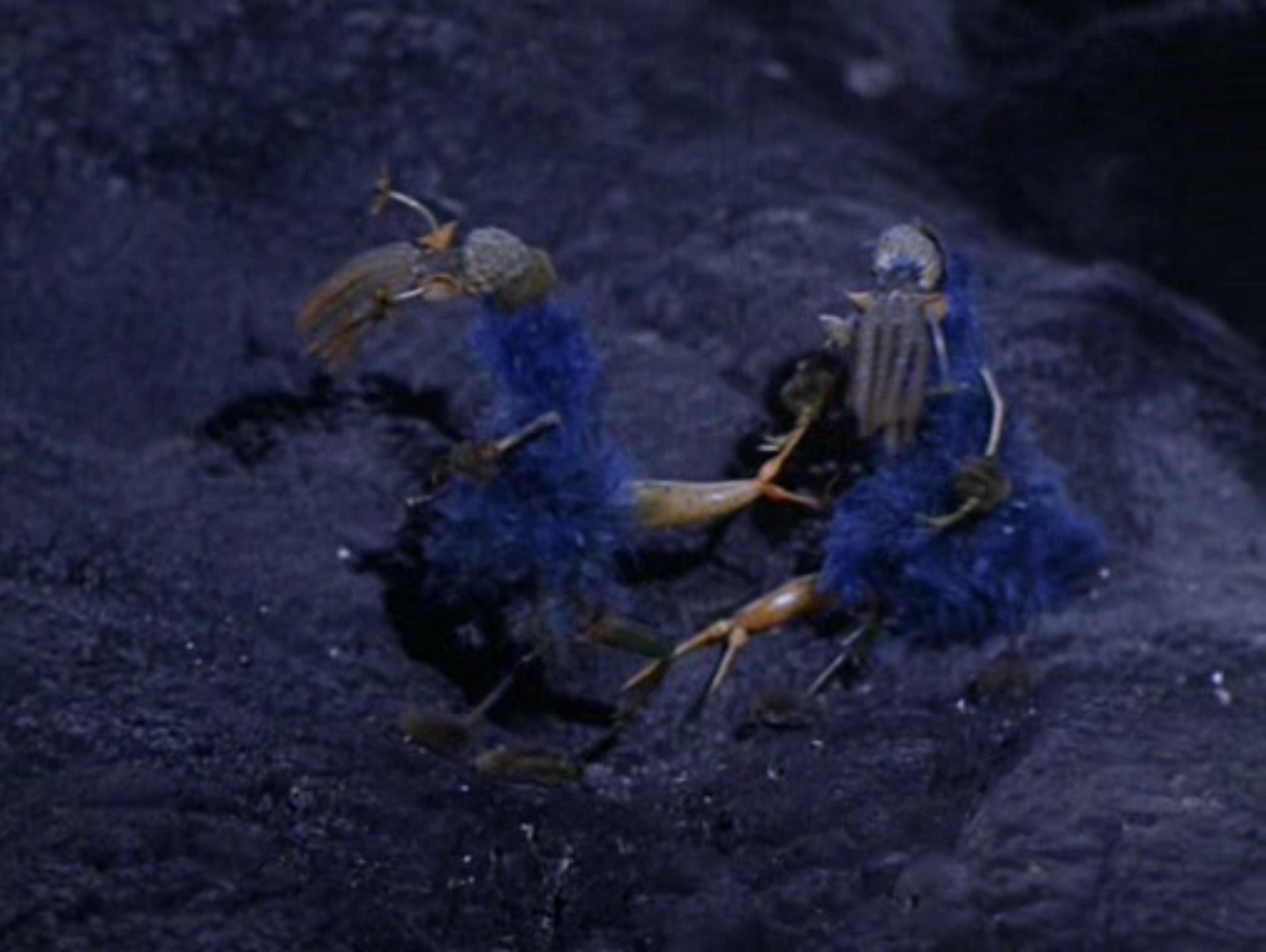
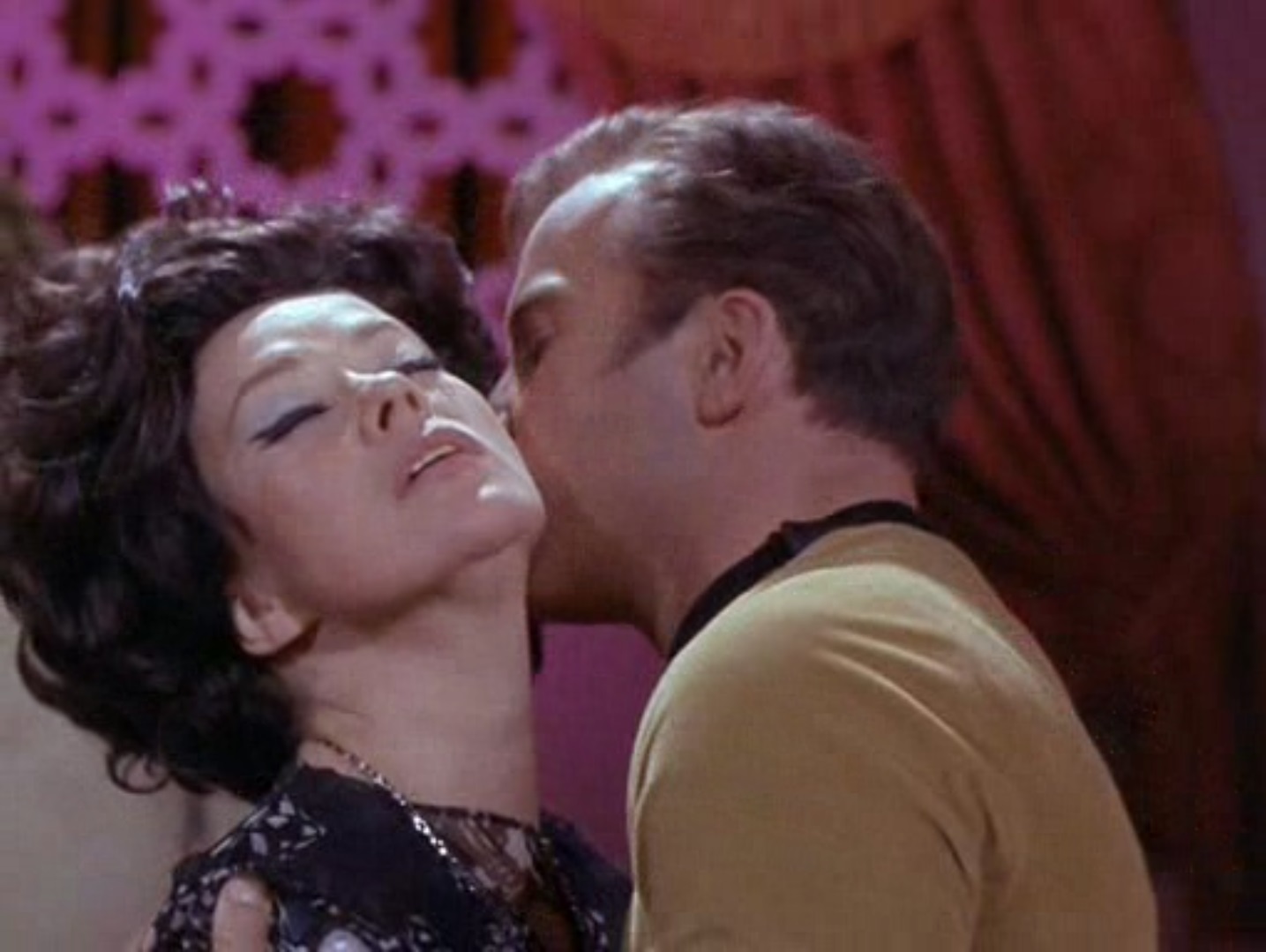

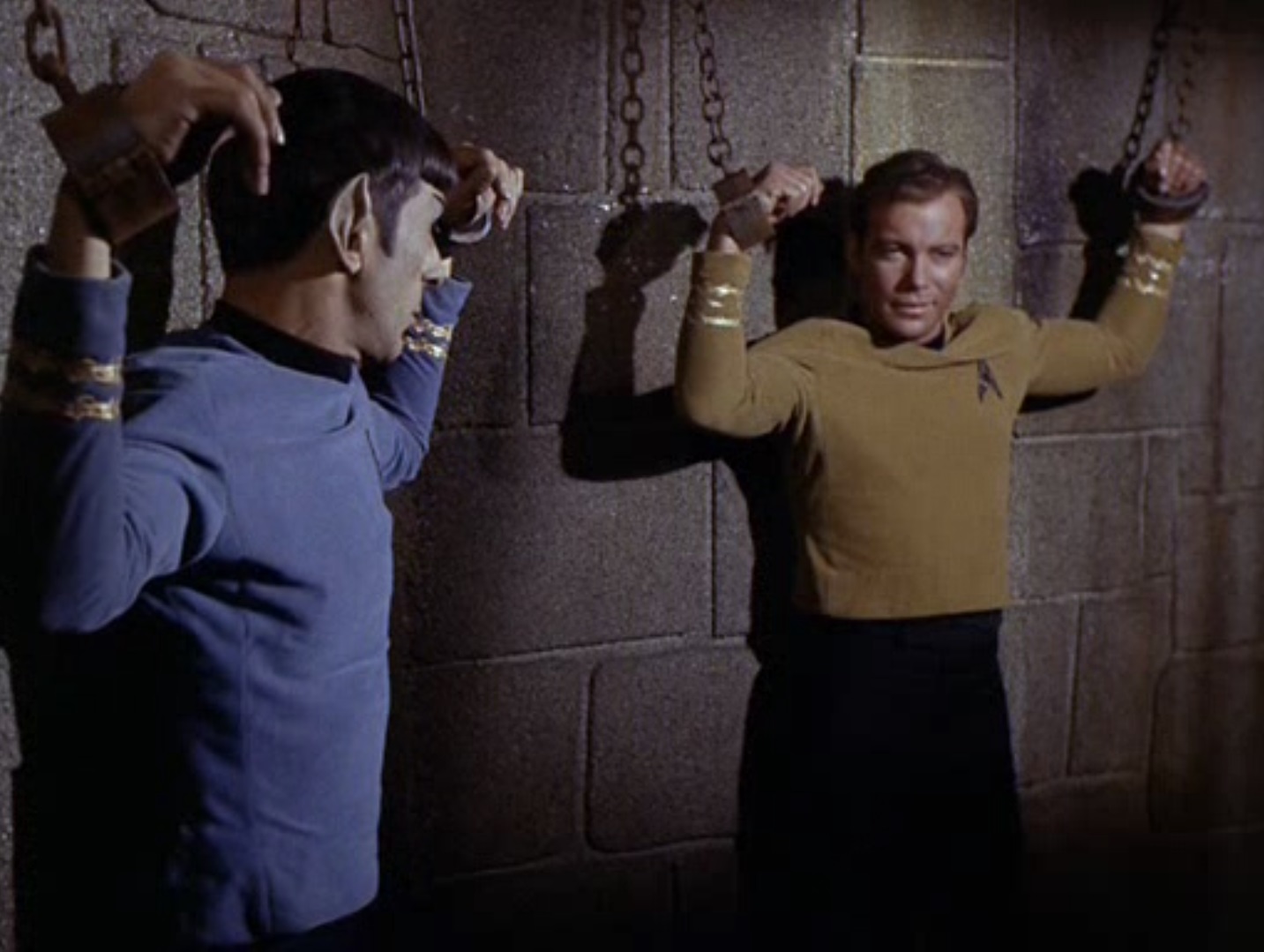
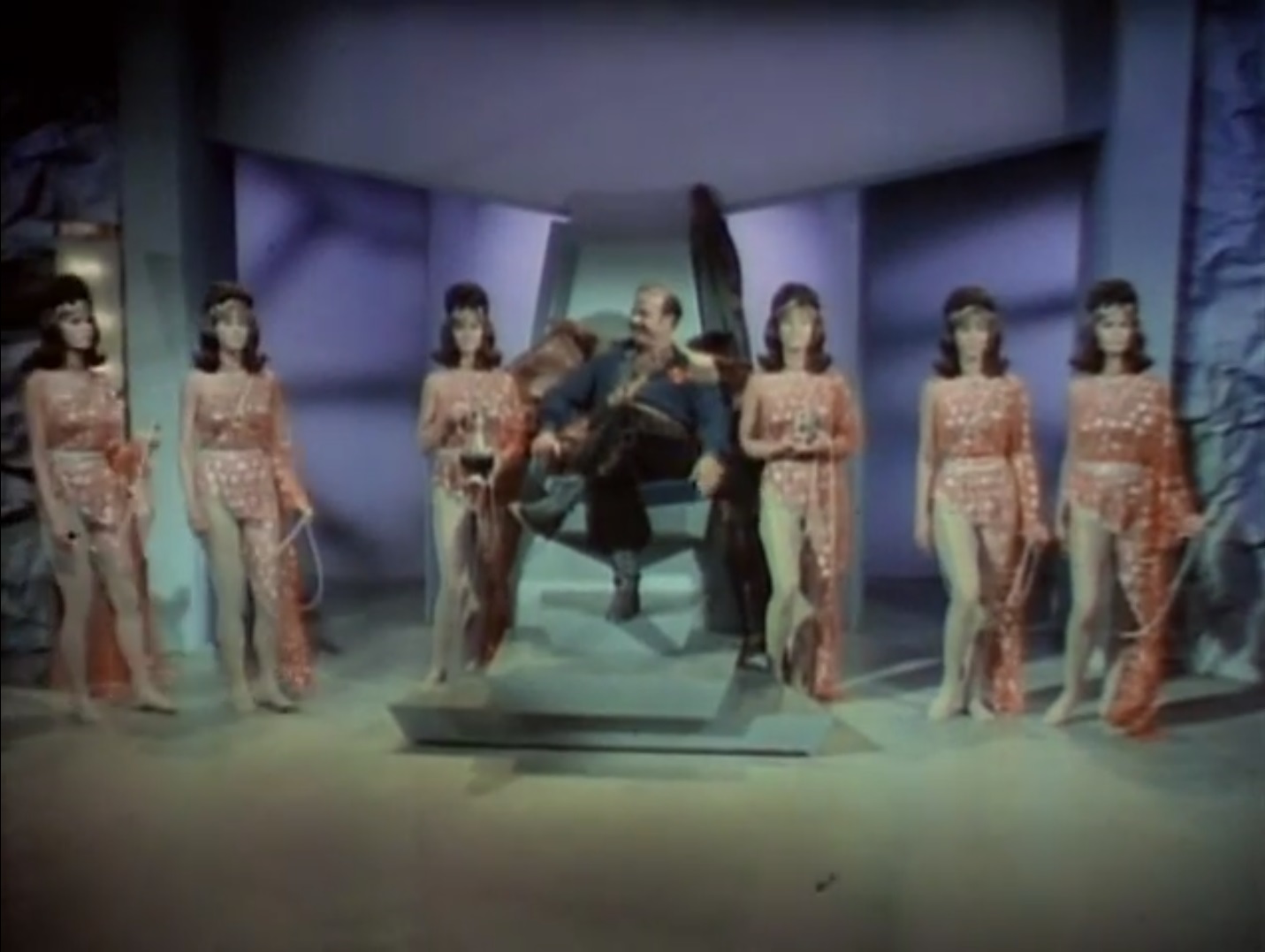
![[October 26, 1967] Duet in G(ray) (<i>Star Trek</i>: "The Doomsday Machine")](https://galacticjourney.org/wp-content/uploads/2022/10/671026title-672x372.jpg)










![[October 20, 1967] Spoils the Bunch (<i>Star Trek</i>: "The Apple")](https://galacticjourney.org/wp-content/uploads/2022/10/671020title-672x372.jpg)










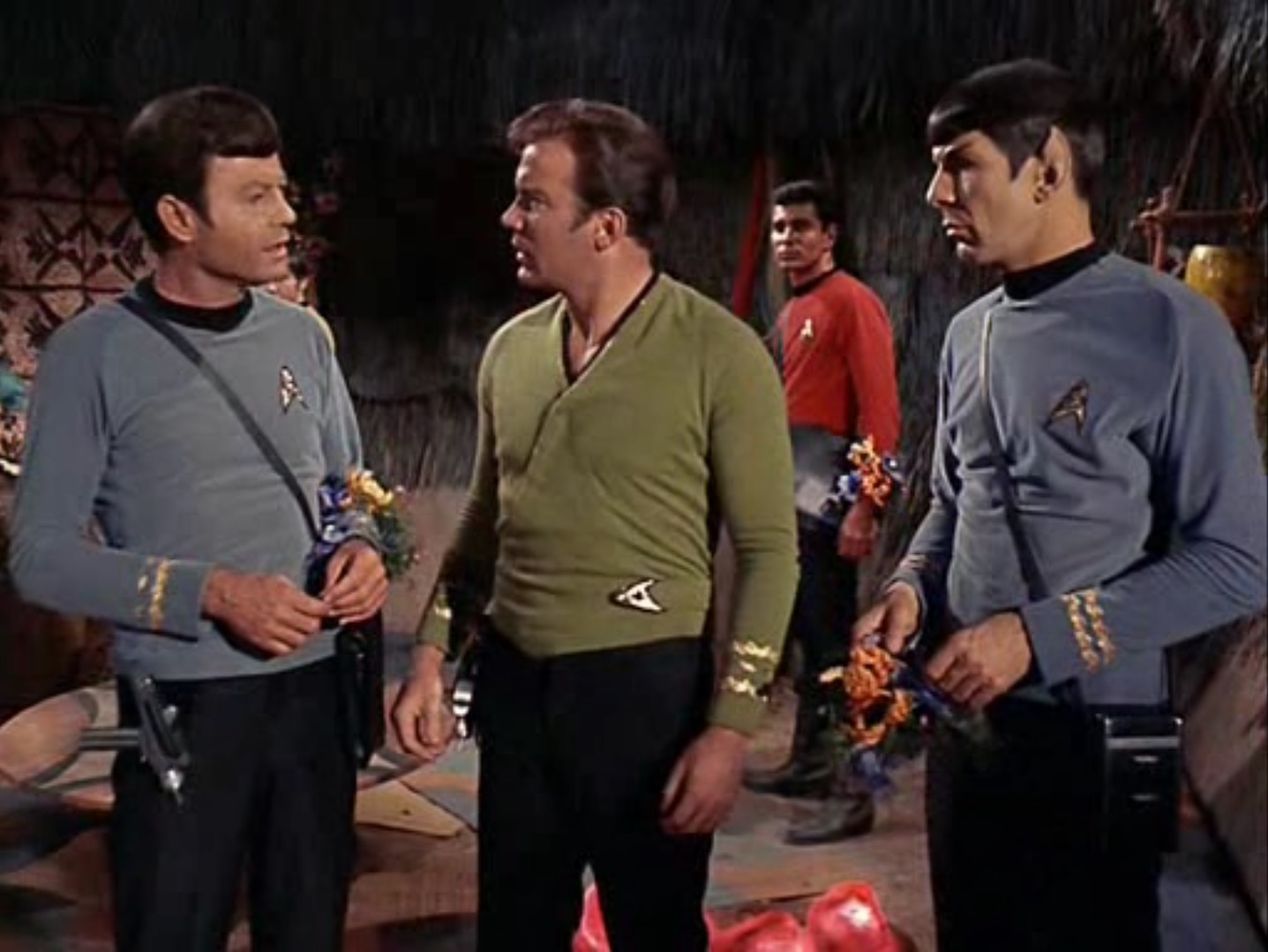

![[October 12, 1967] See you on the flip side (<i>Star Trek</i>: "Mirror, Mirror")](https://galacticjourney.org/wp-content/uploads/2022/10/671012title-672x372.jpg)
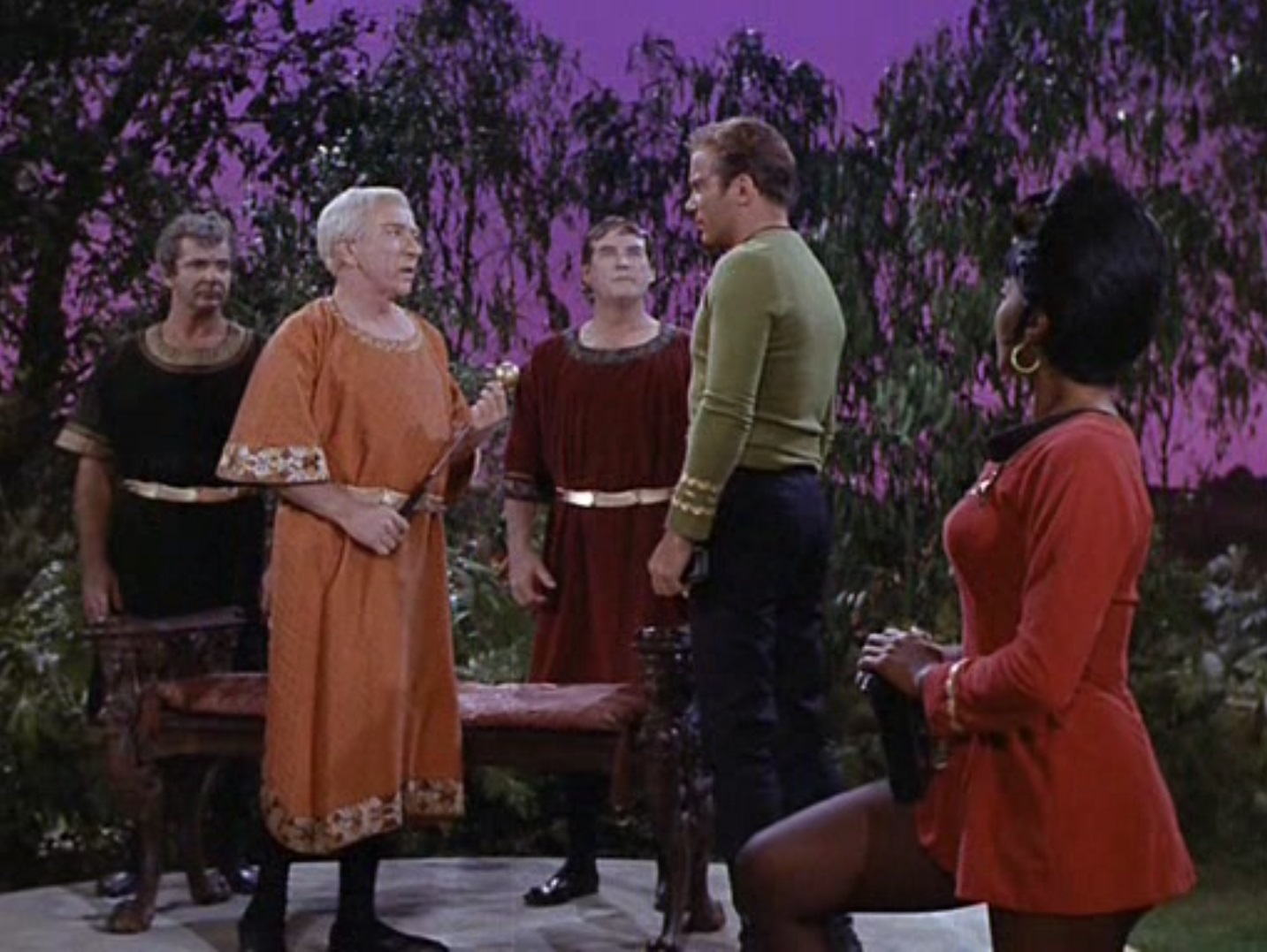
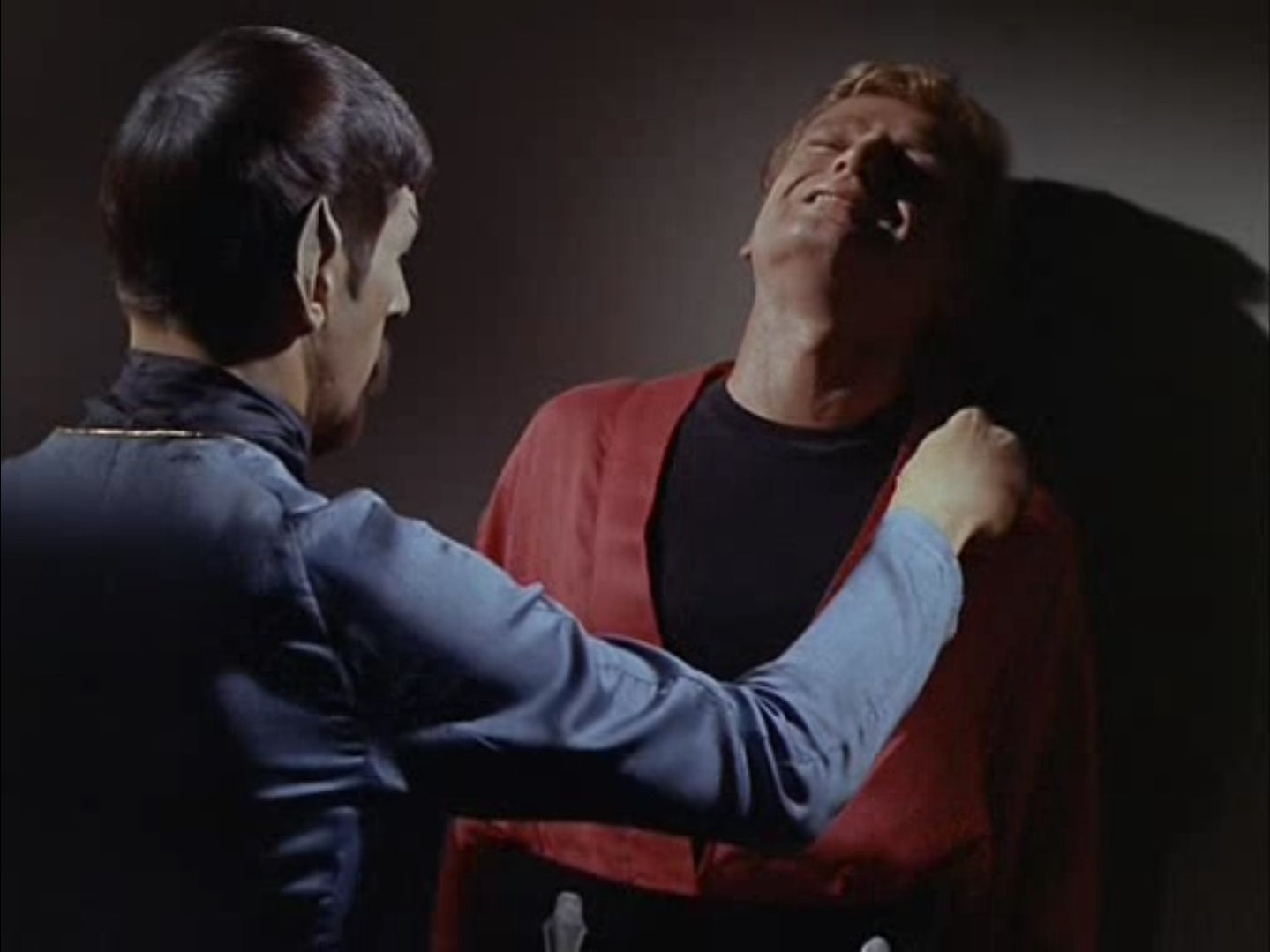
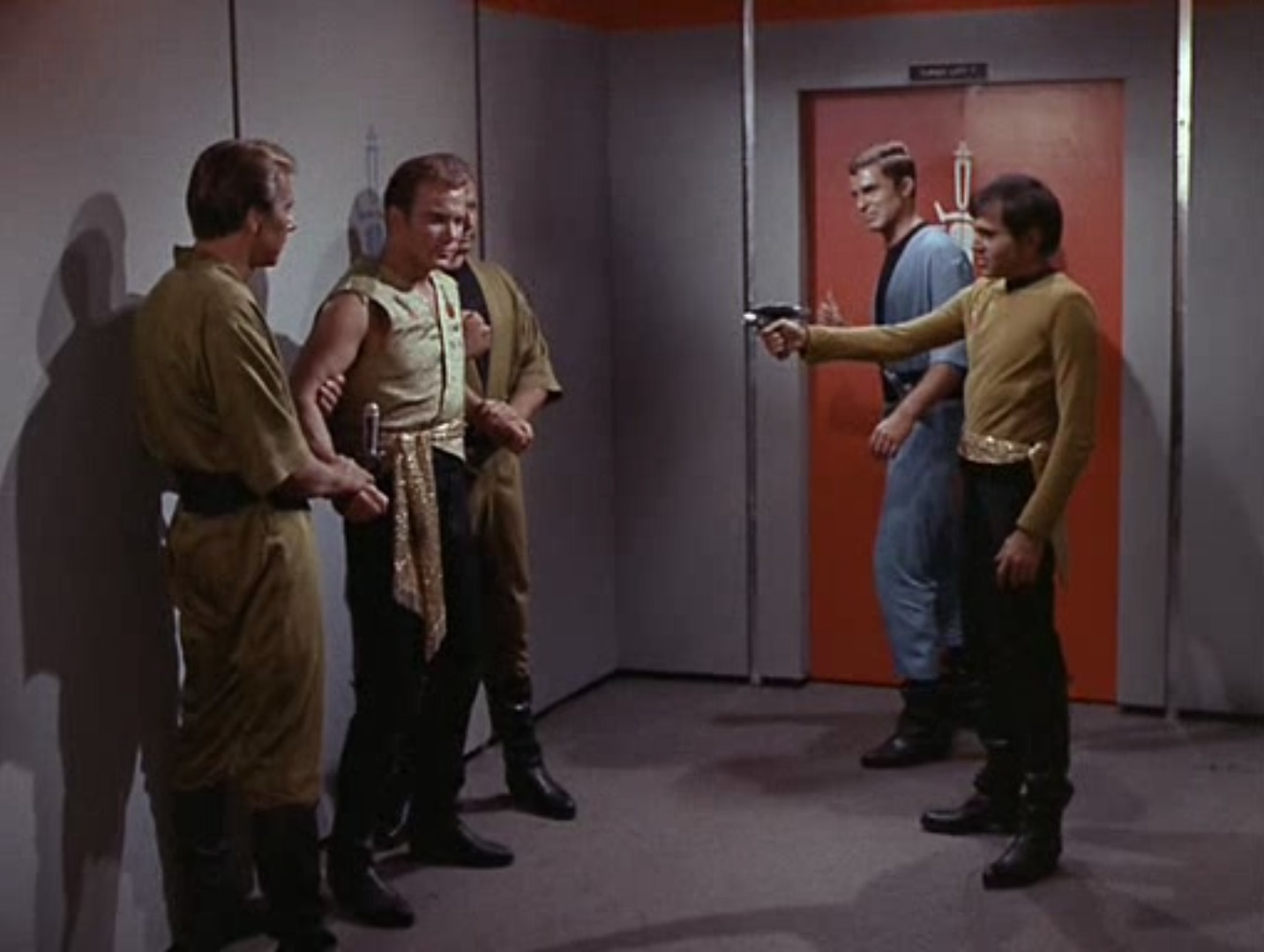

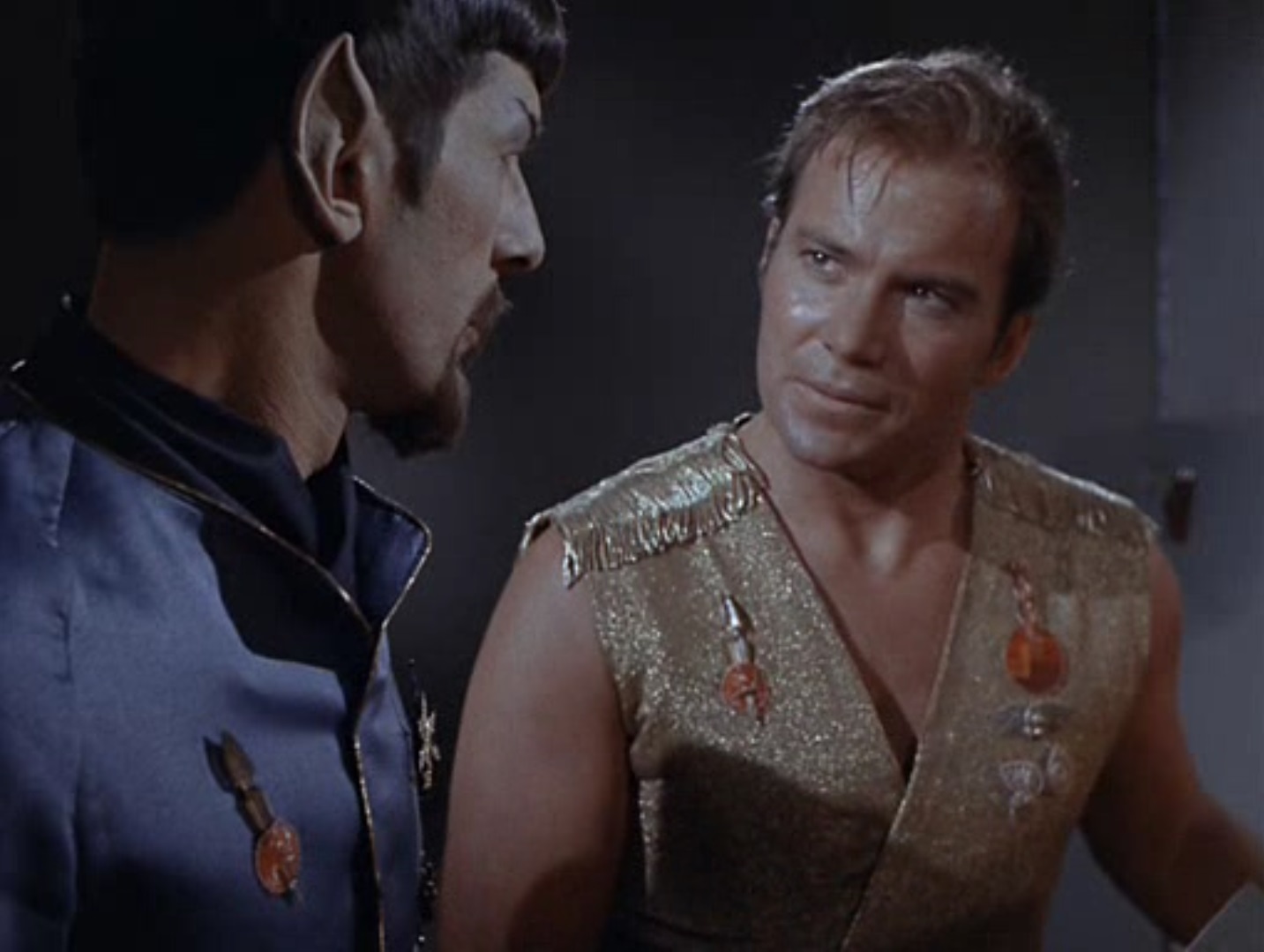
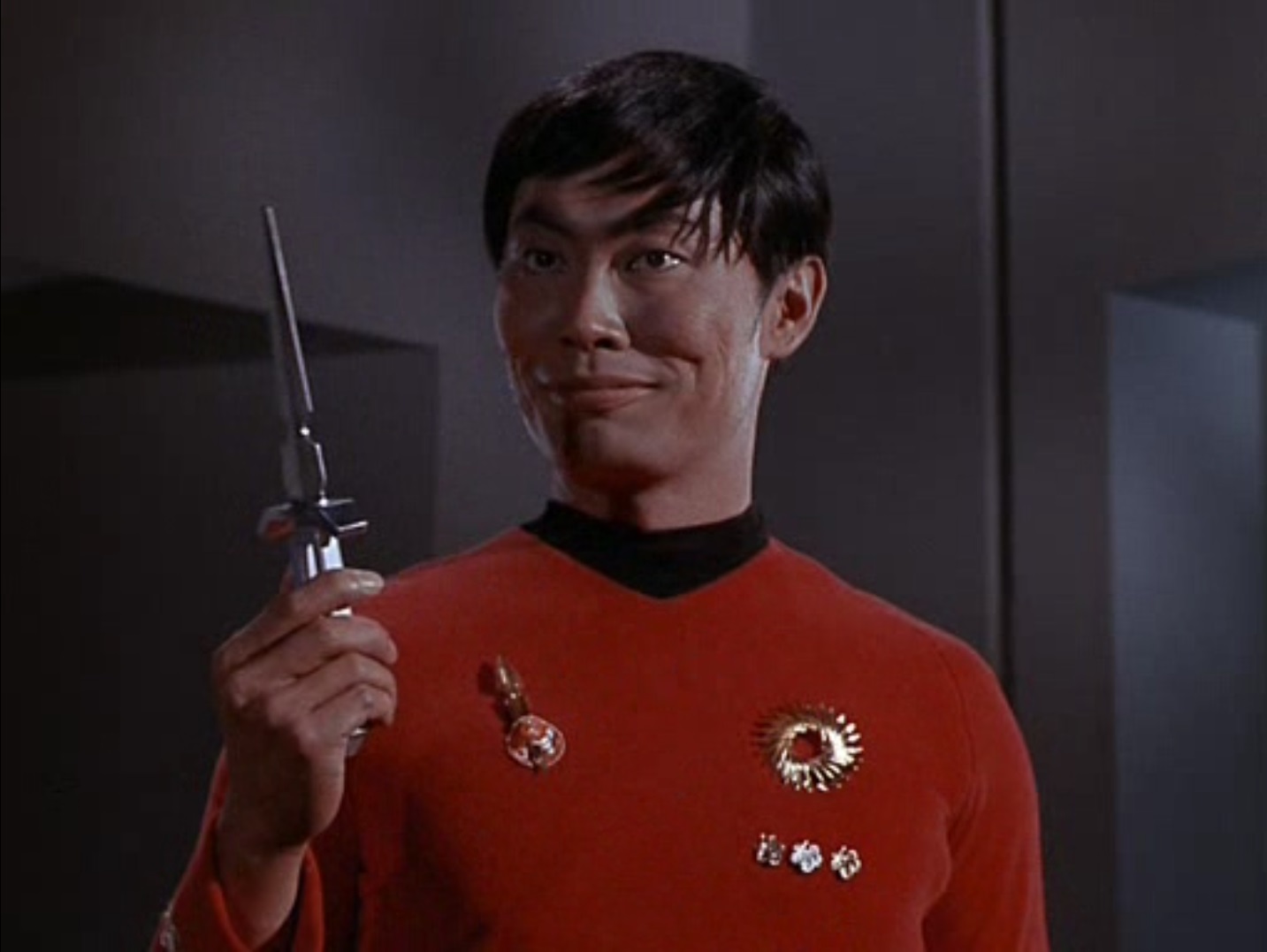

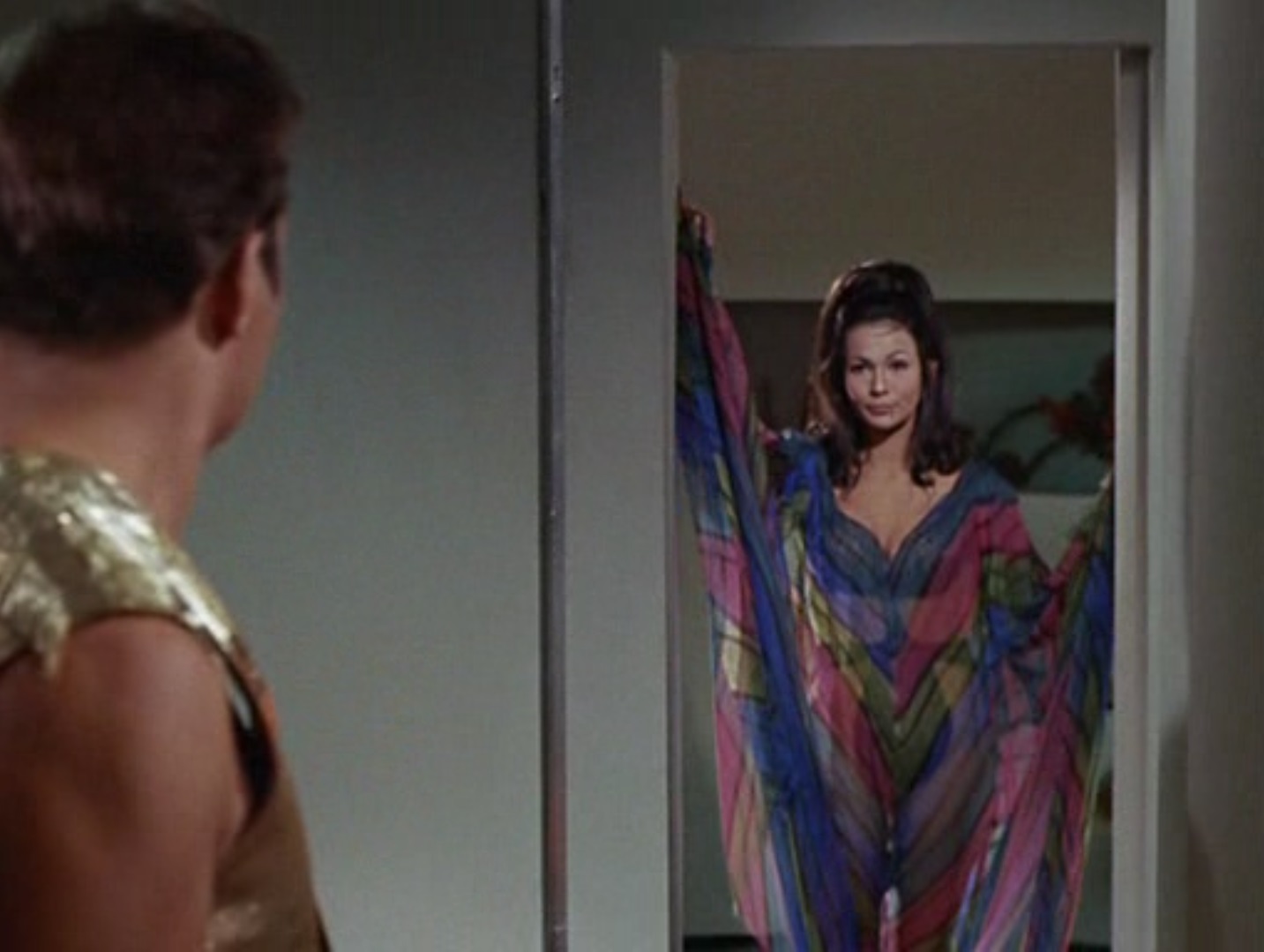
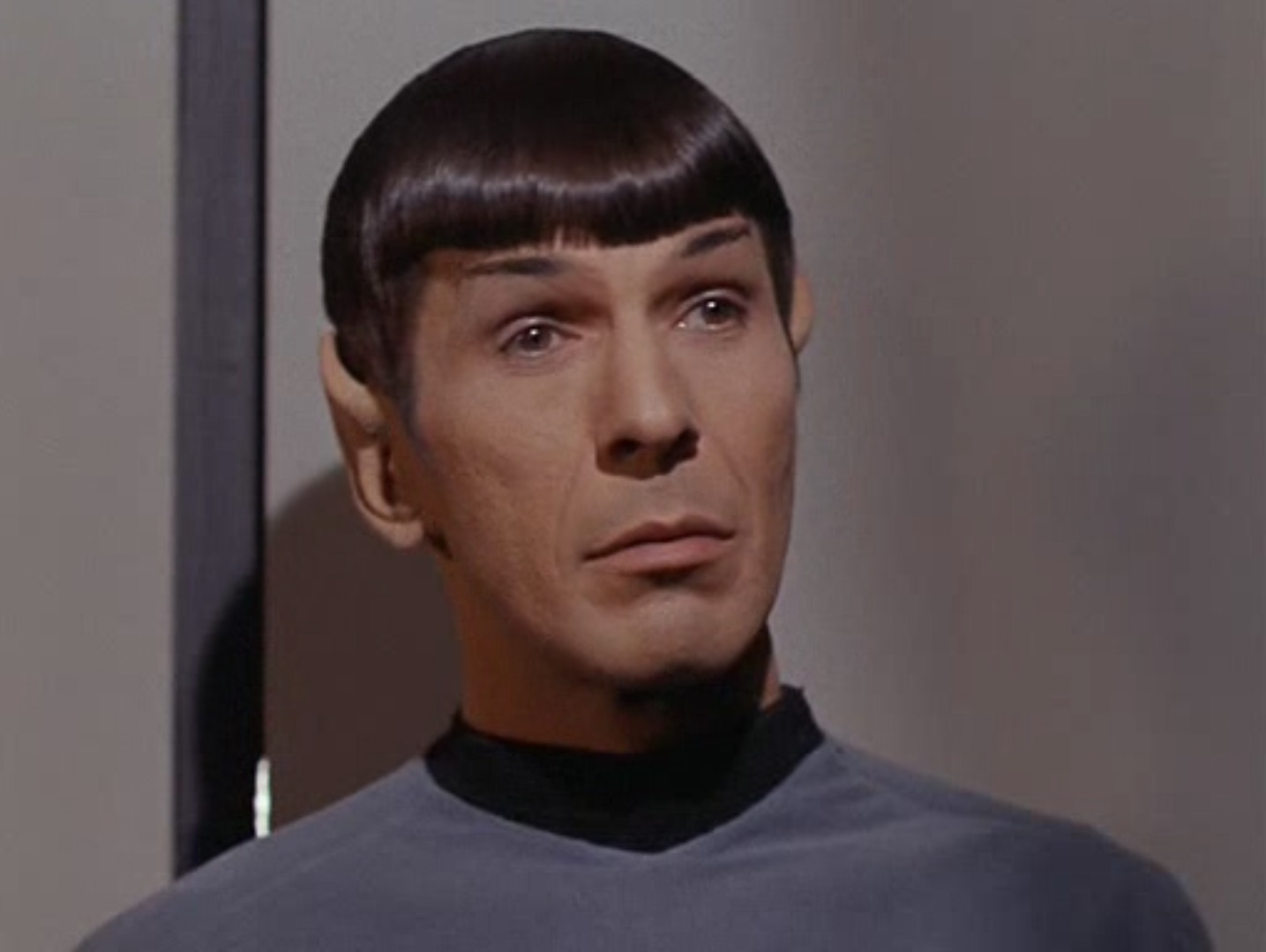
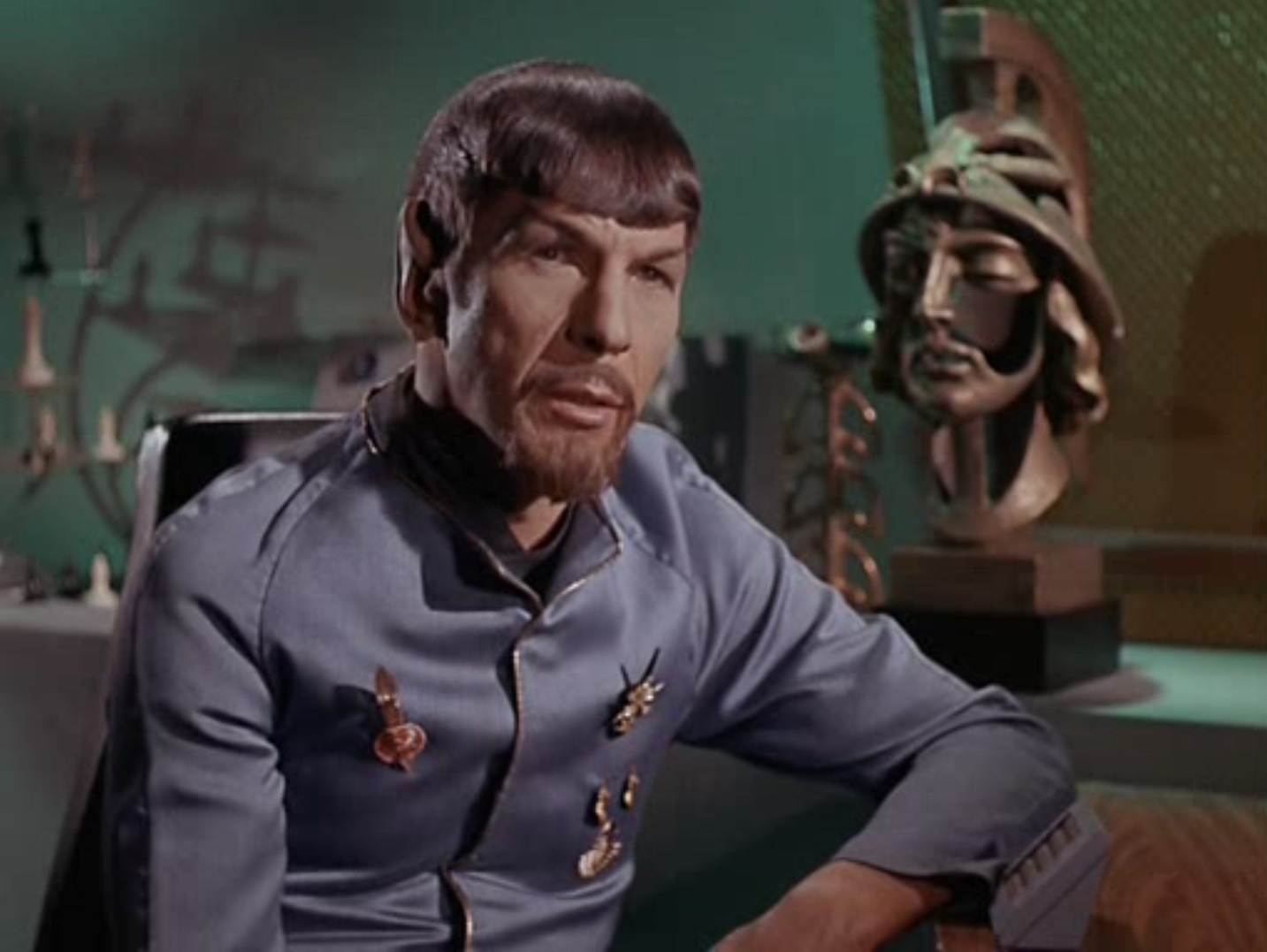



![[September 28, 1967] We have met Divinity, and He is Ours (<i>Star Trek</i>: "Who Mourns for Adonais")](https://galacticjourney.org/wp-content/uploads/2022/09/670928title-672x372.jpg)
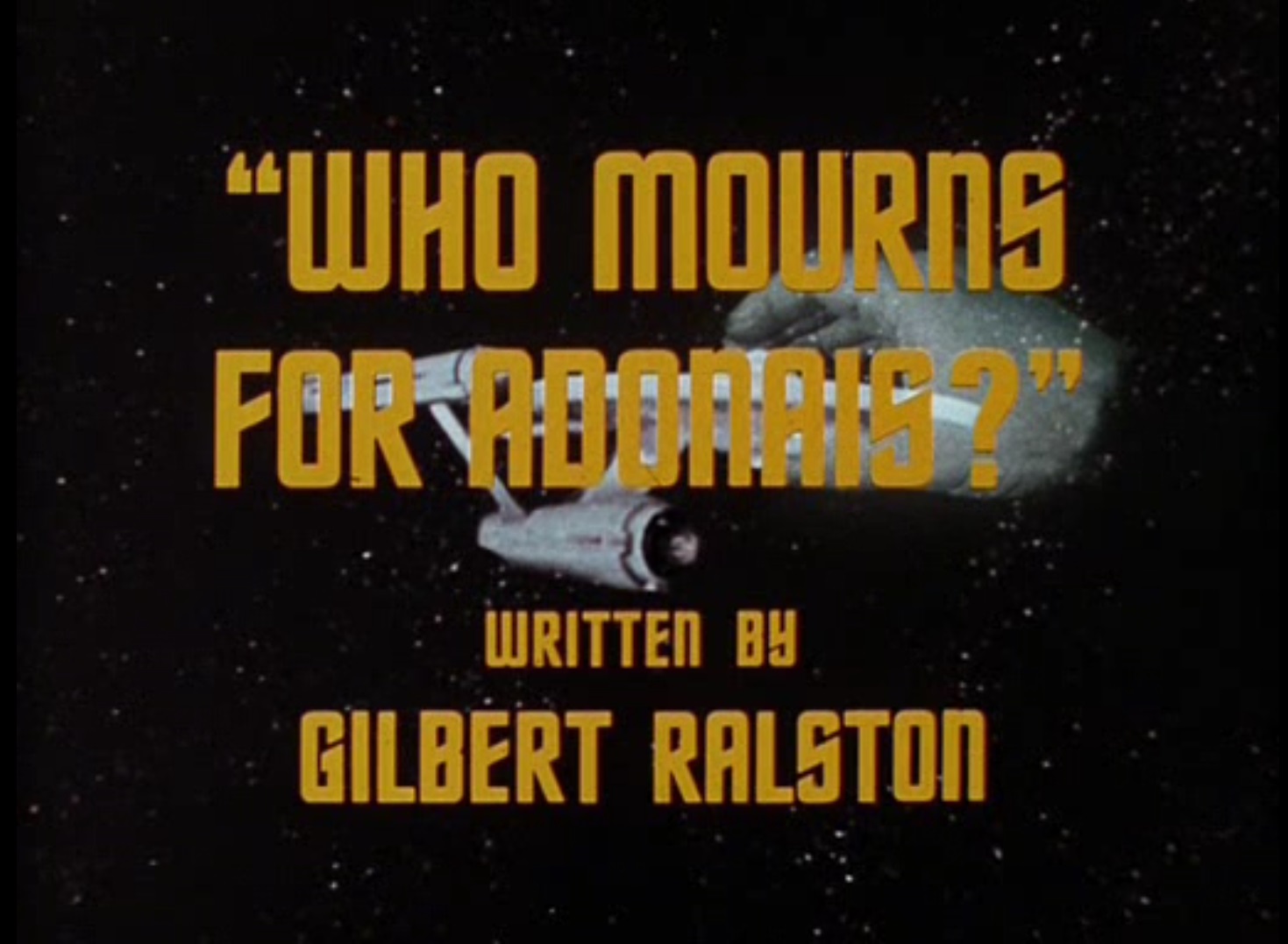
![[May 10, 1967] Float Like A Butterfly, Sting Like A Bee (<i>The Green Hornet</i>)](https://galacticjourney.org/wp-content/uploads/2022/05/670510title-672x372.jpg)

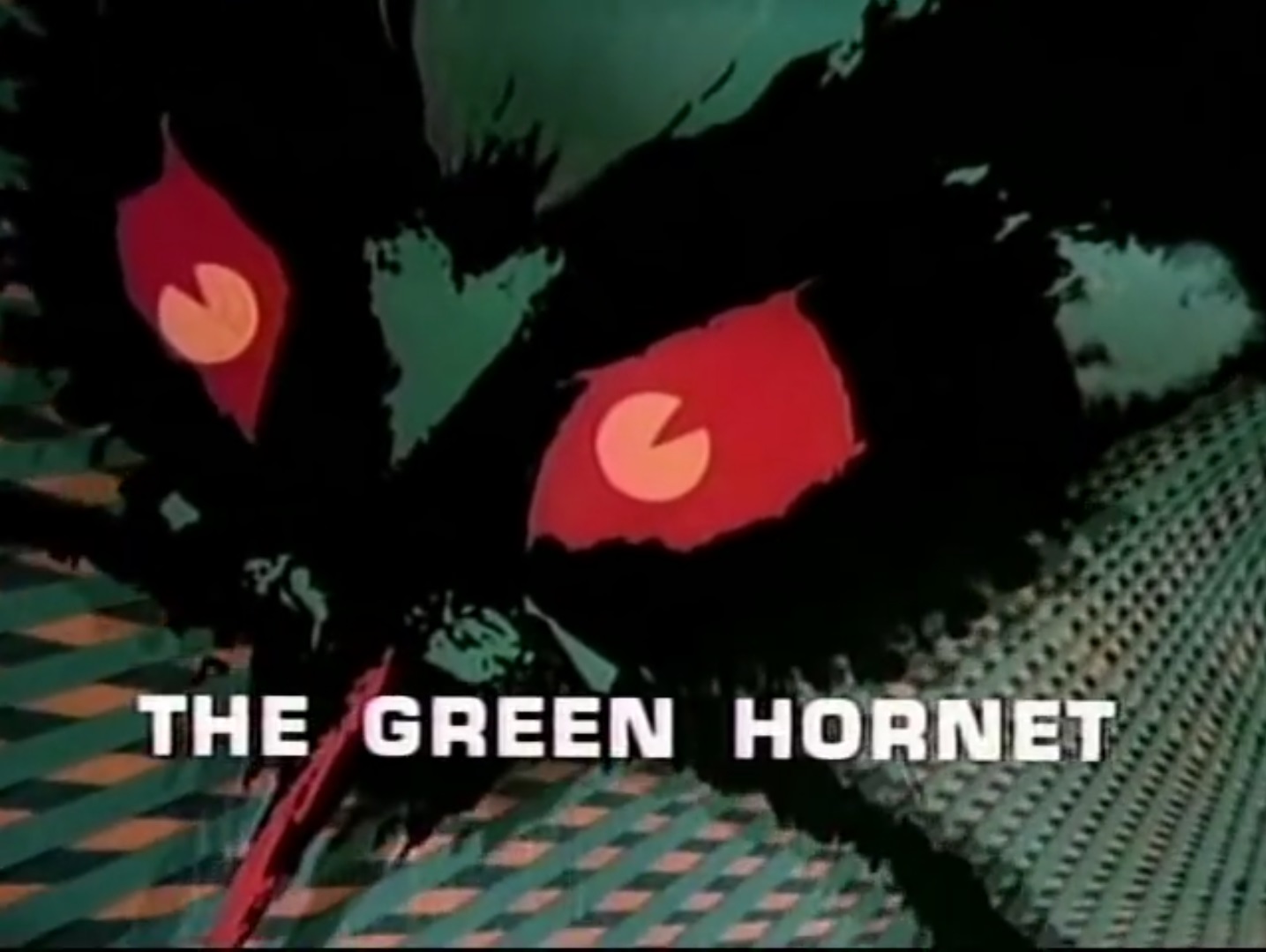
![[April 12, 1967] We'll take Manhattan (<i>Star Trek</i>: "The City on the Edge of Forever")](https://galacticjourney.org/wp-content/uploads/2022/04/670412title-672x372.jpg)

![[April 6, 1967] But what of <i>Star Trek</i>? ("The Alternative Factor")](https://galacticjourney.org/wp-content/uploads/2022/04/670406title-672x372.jpg)
